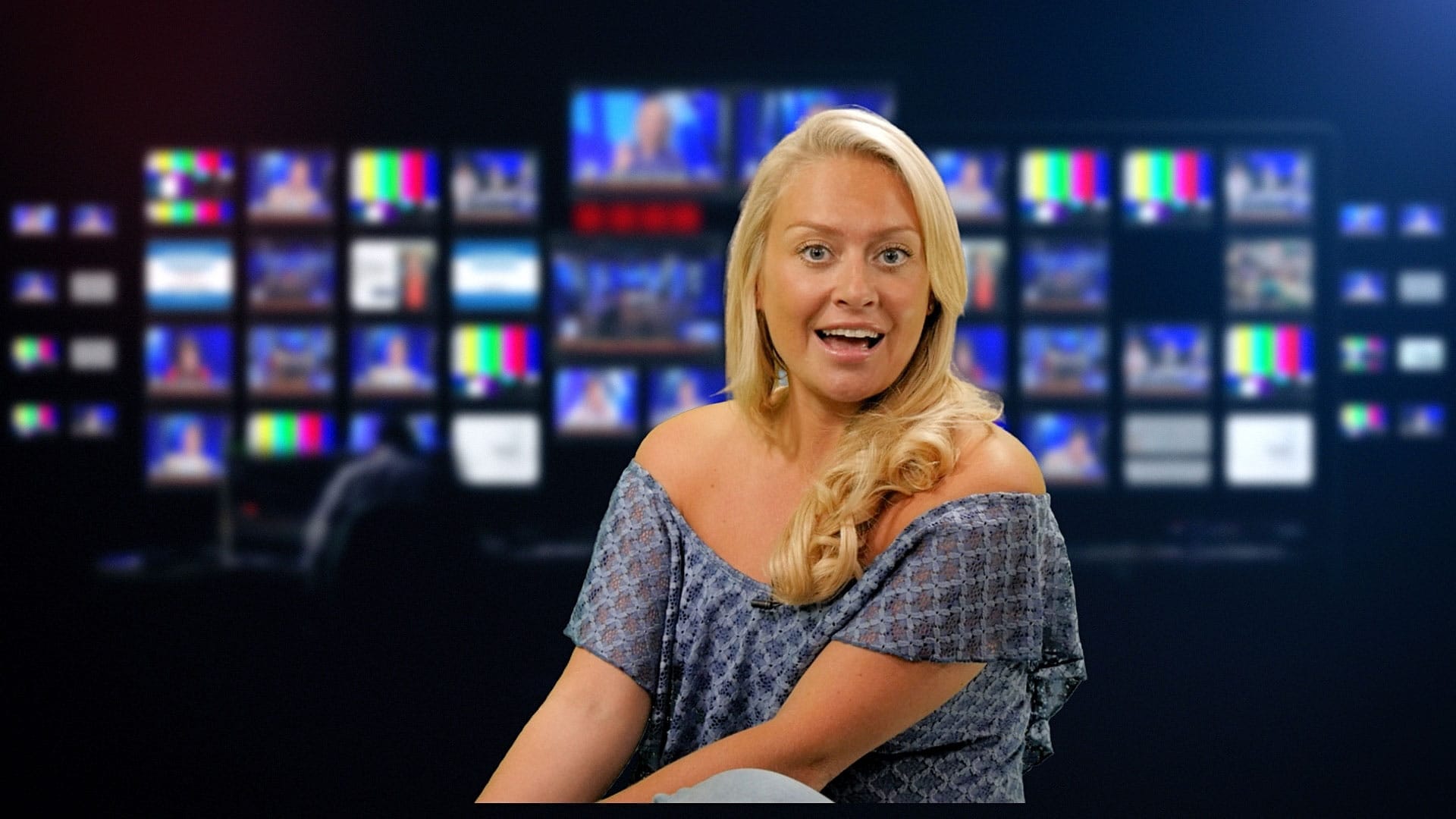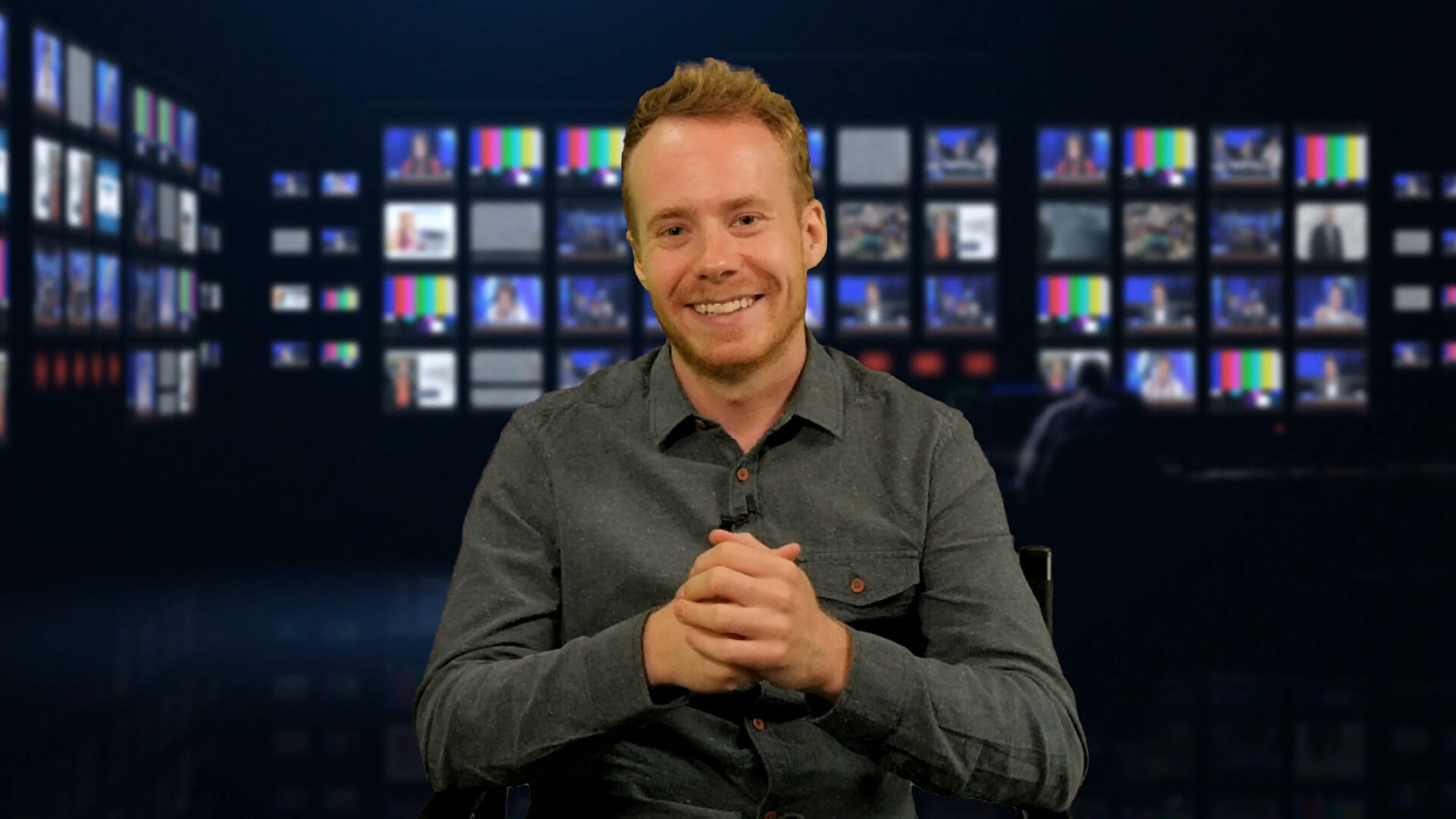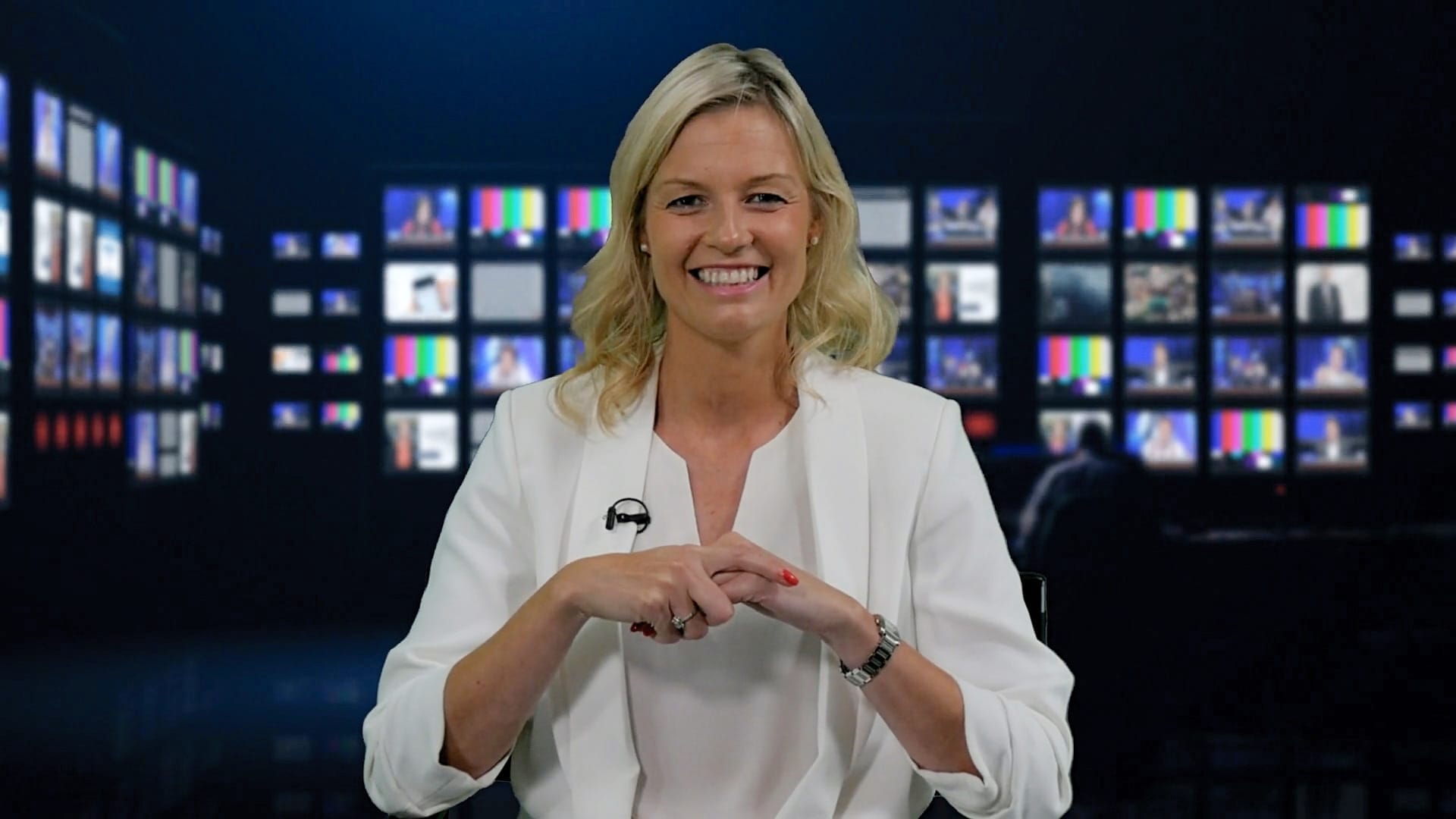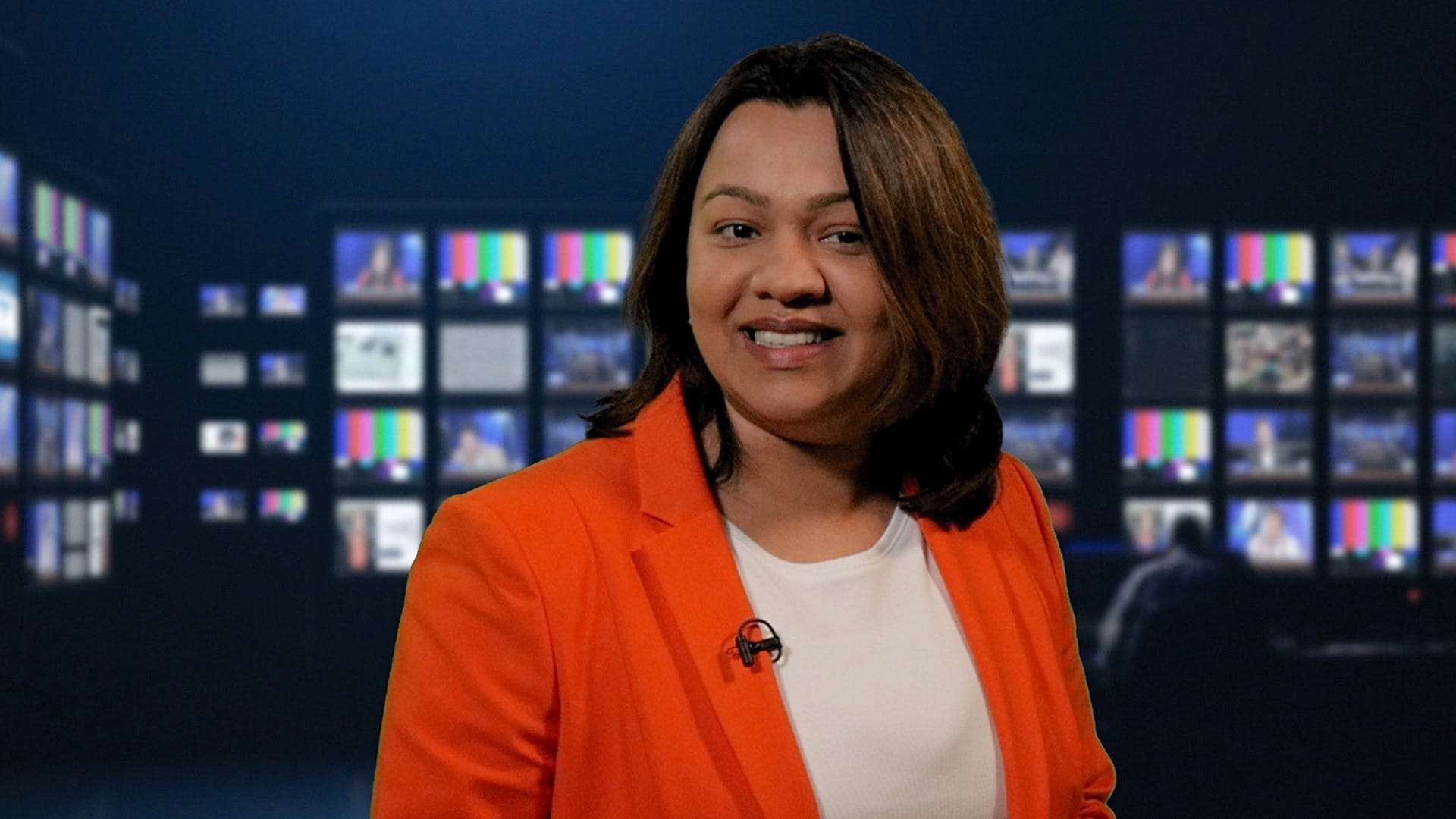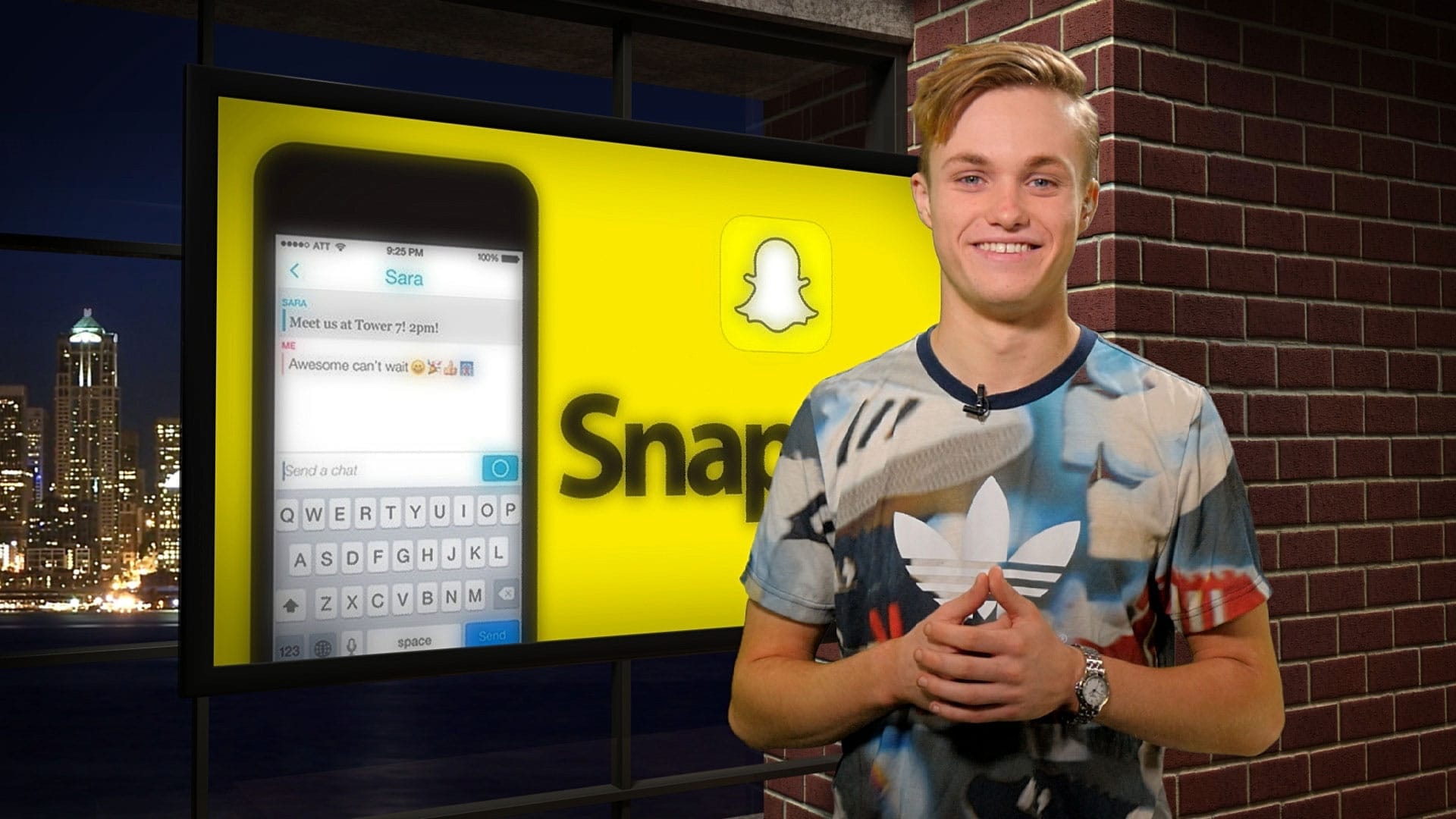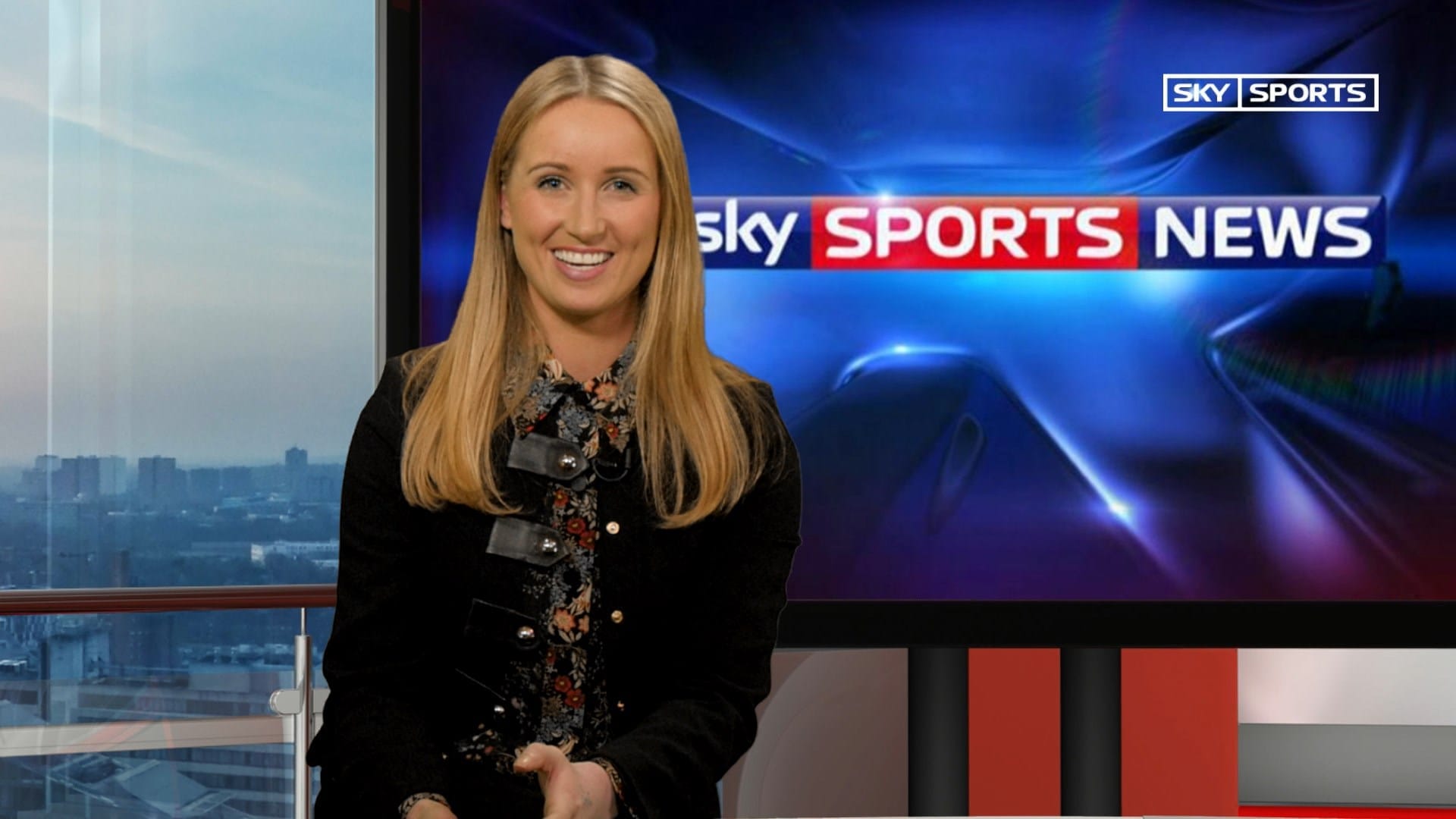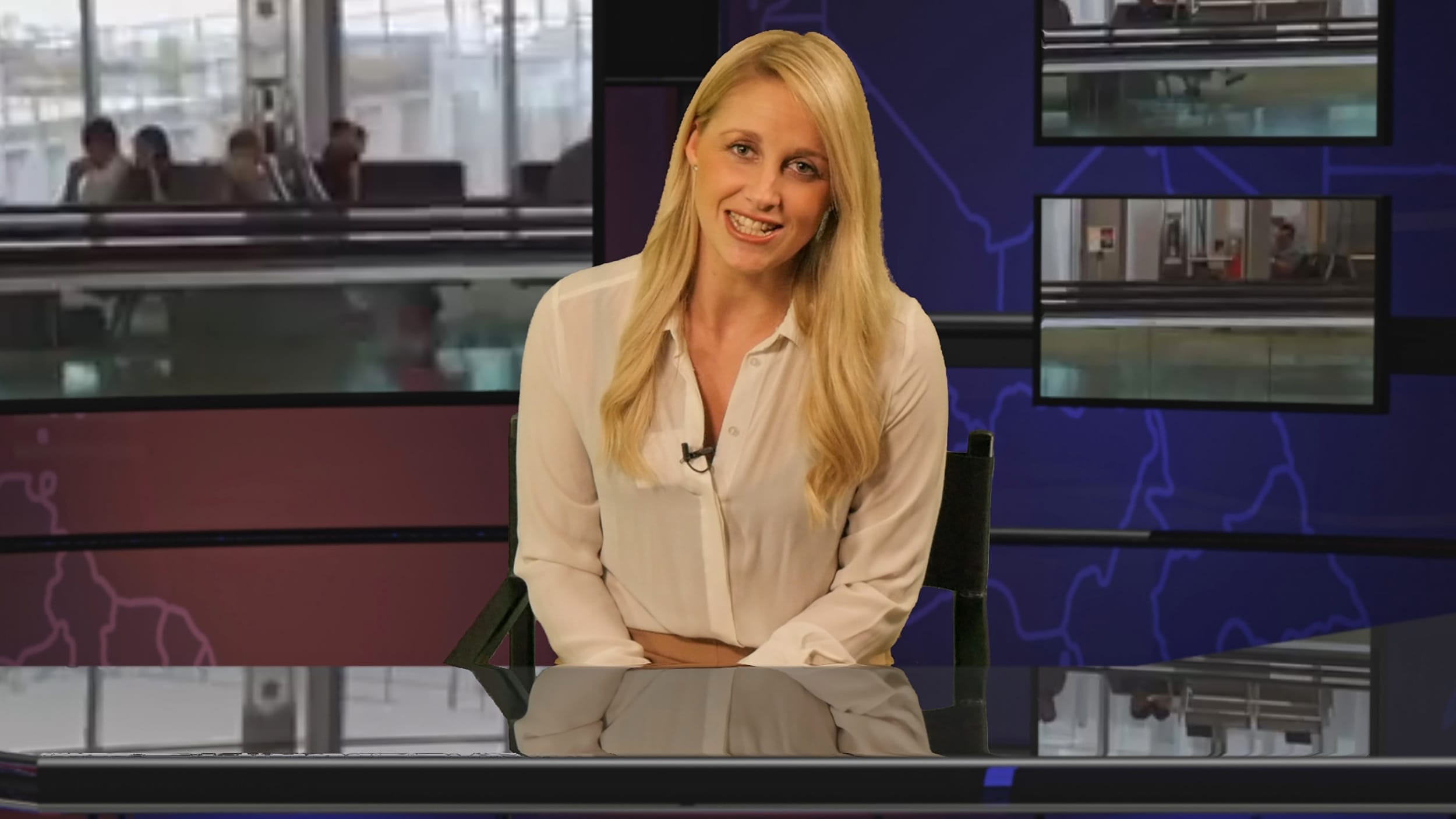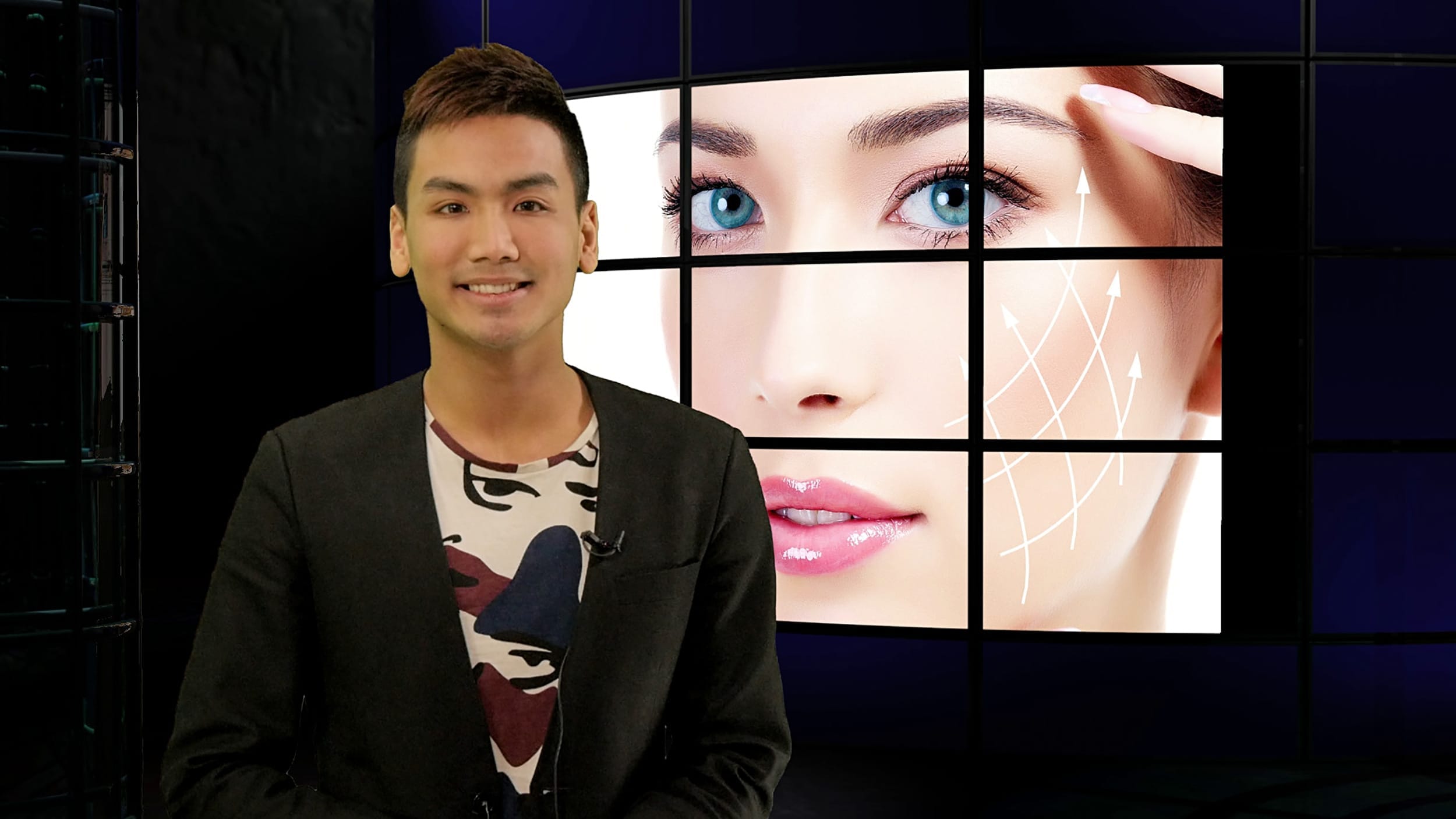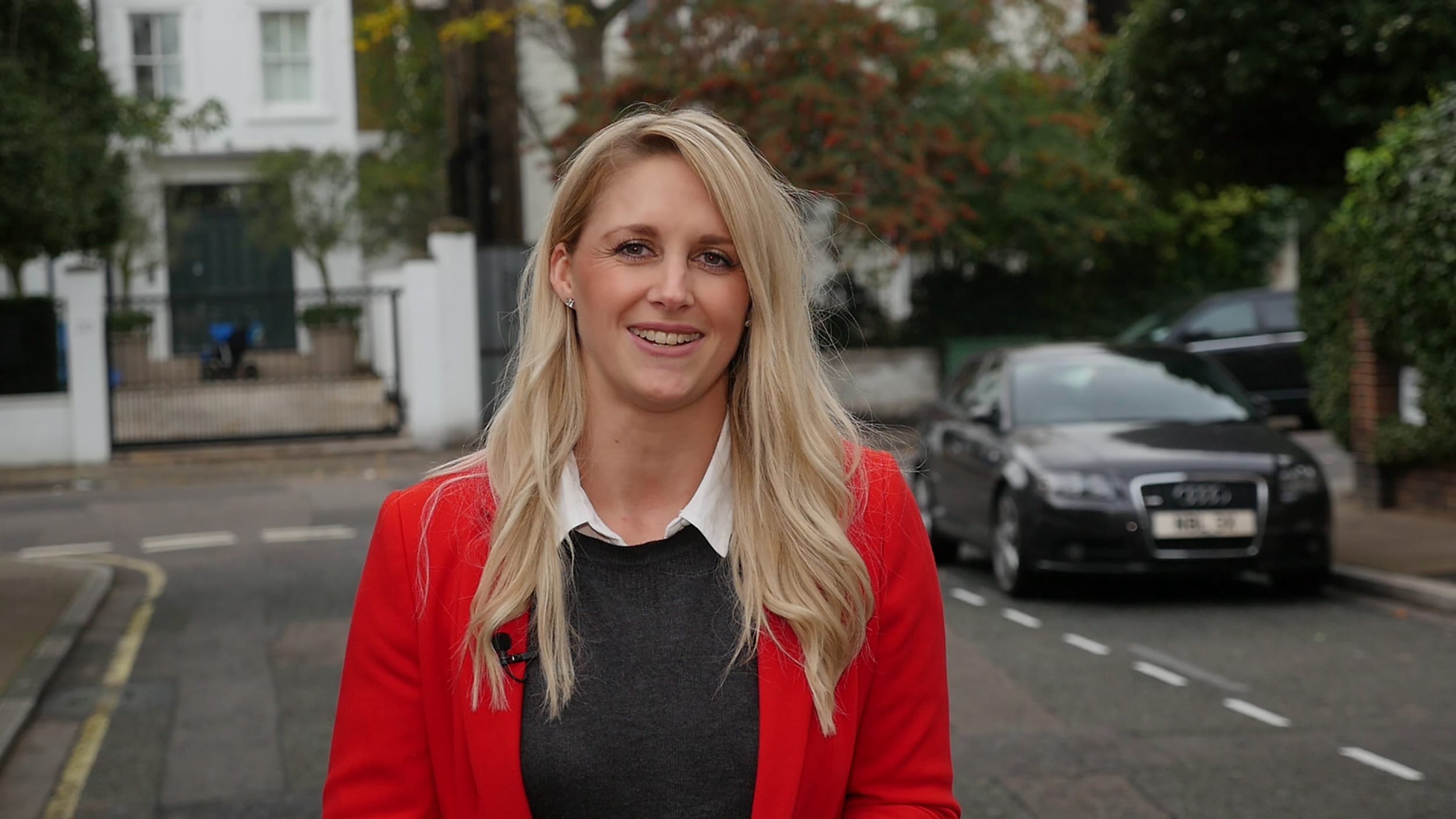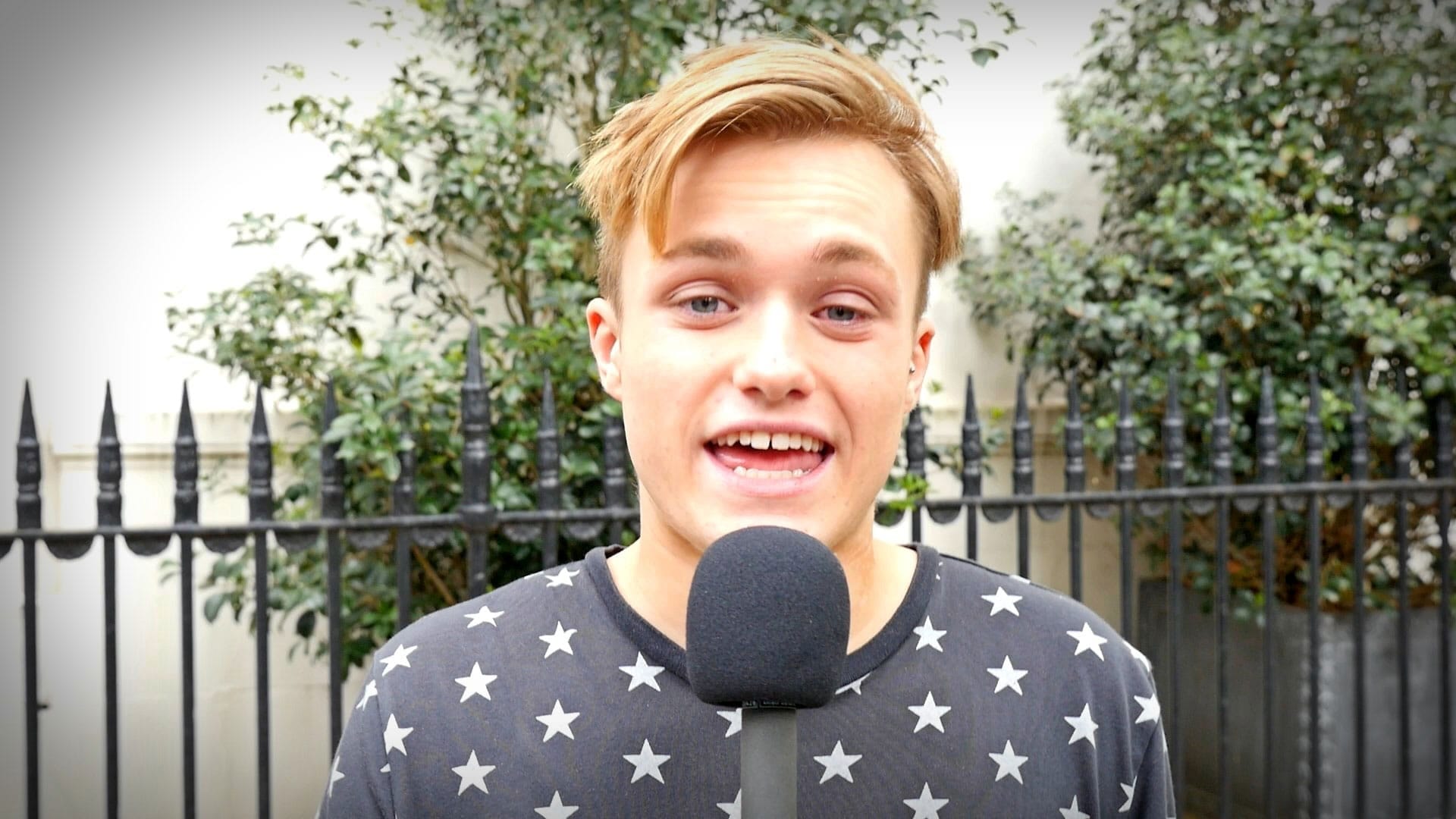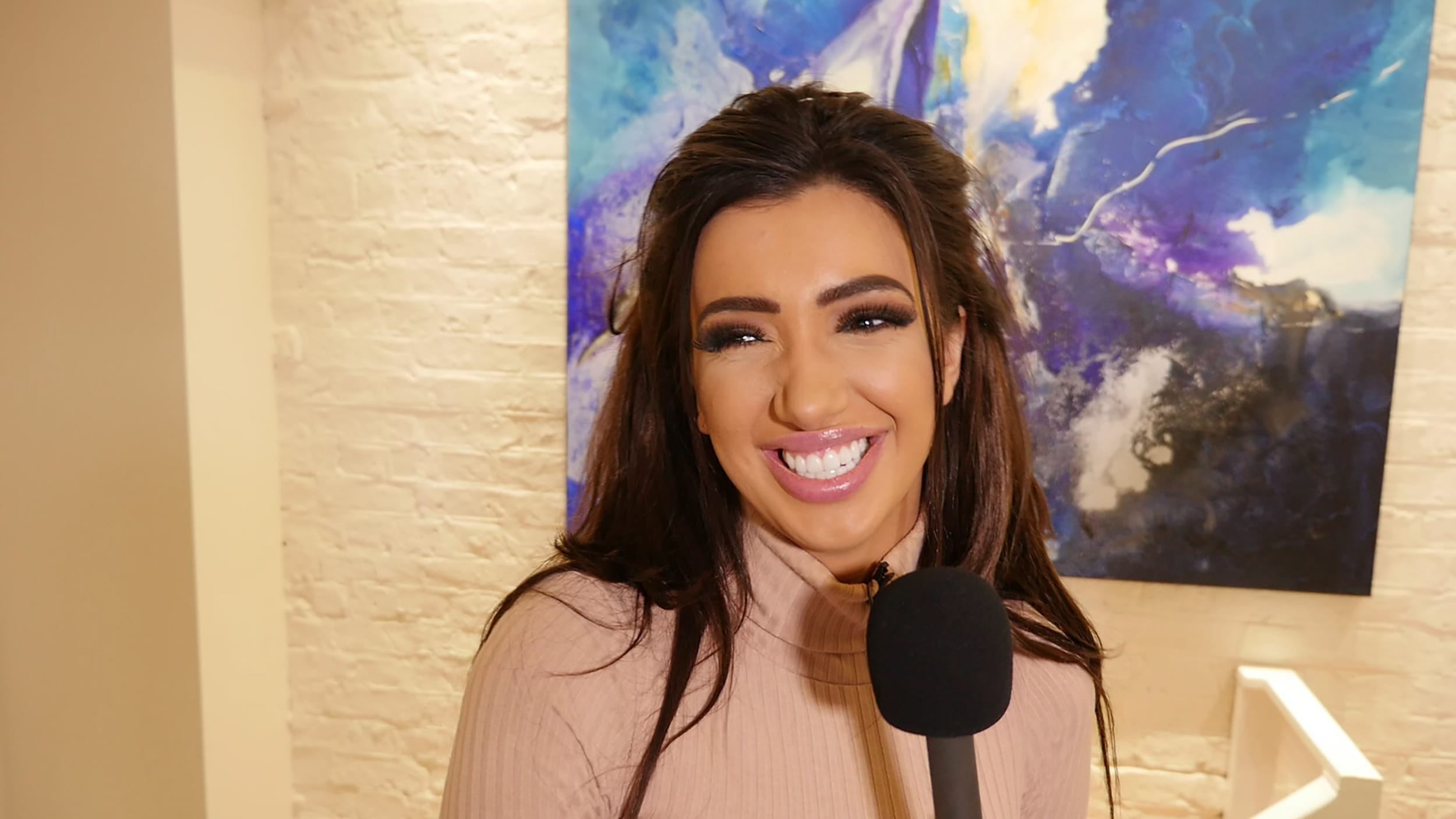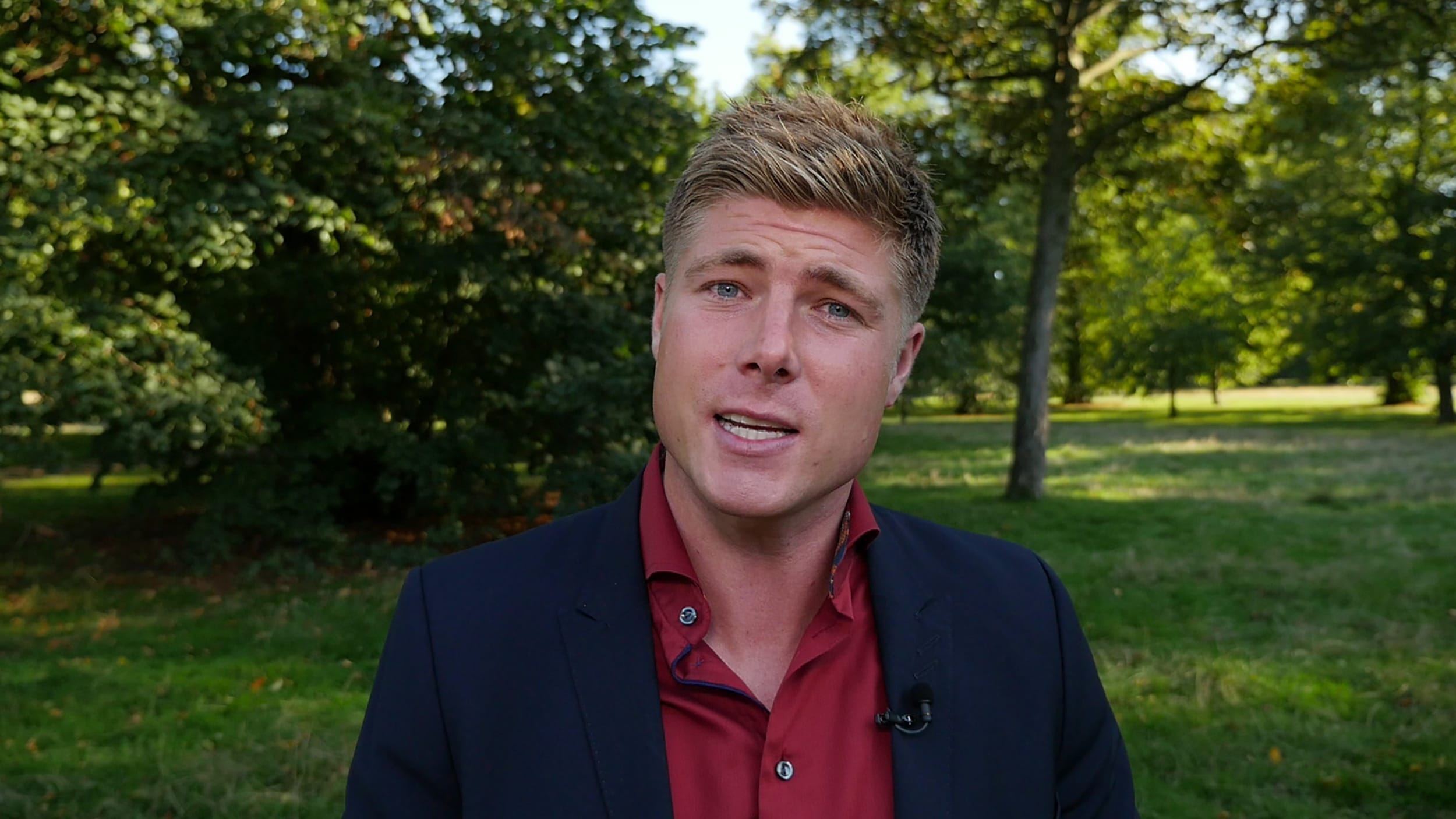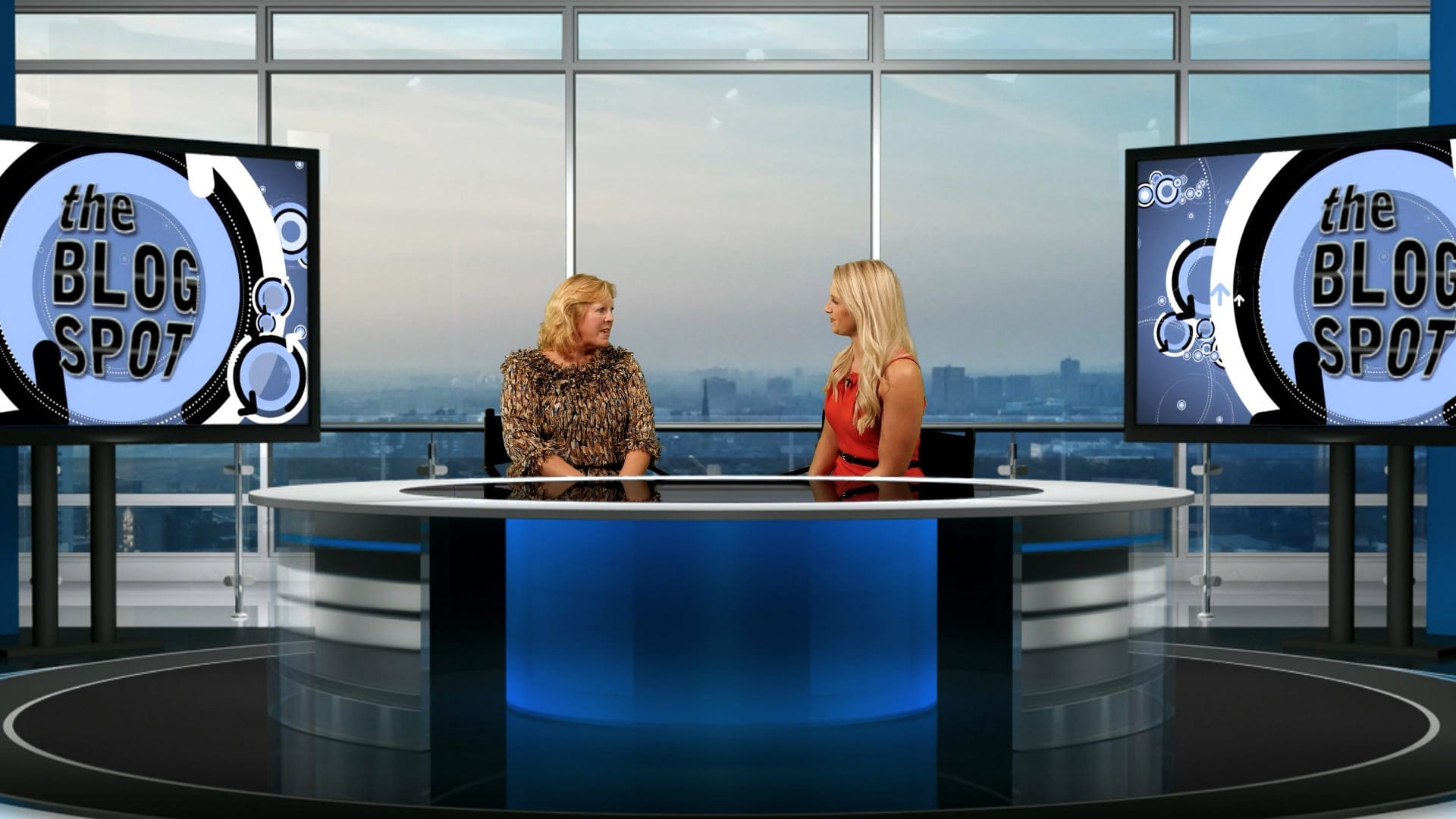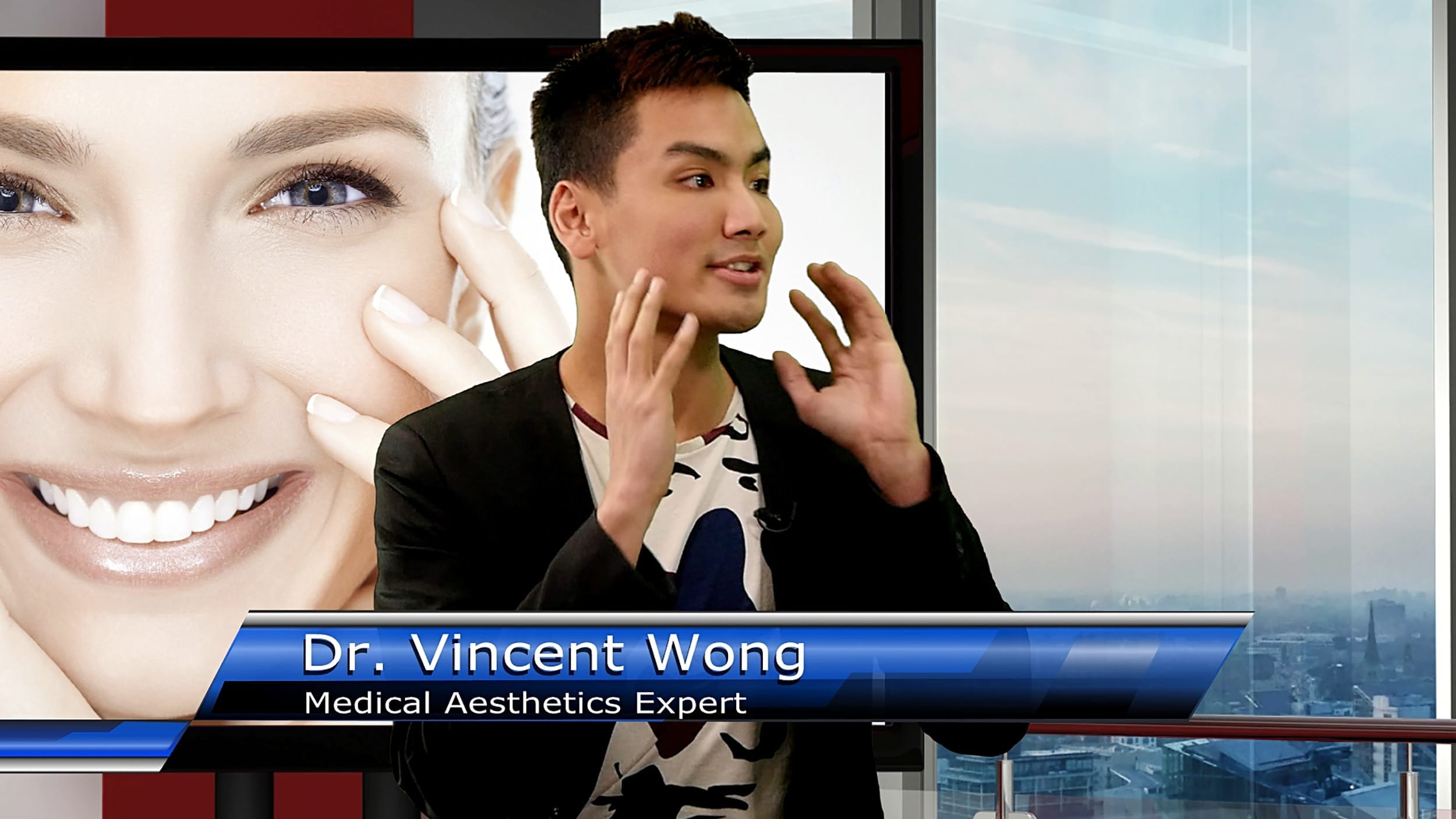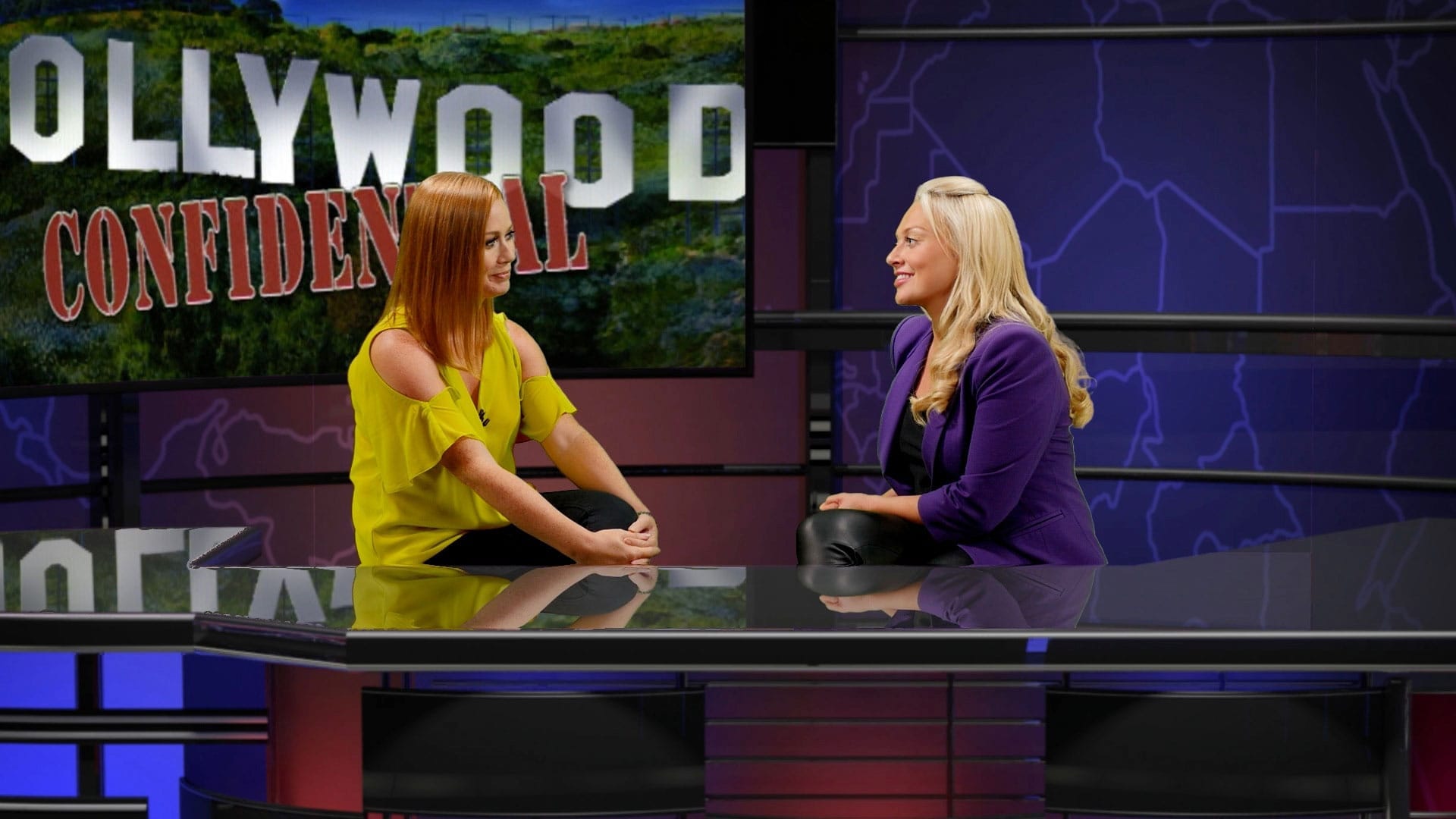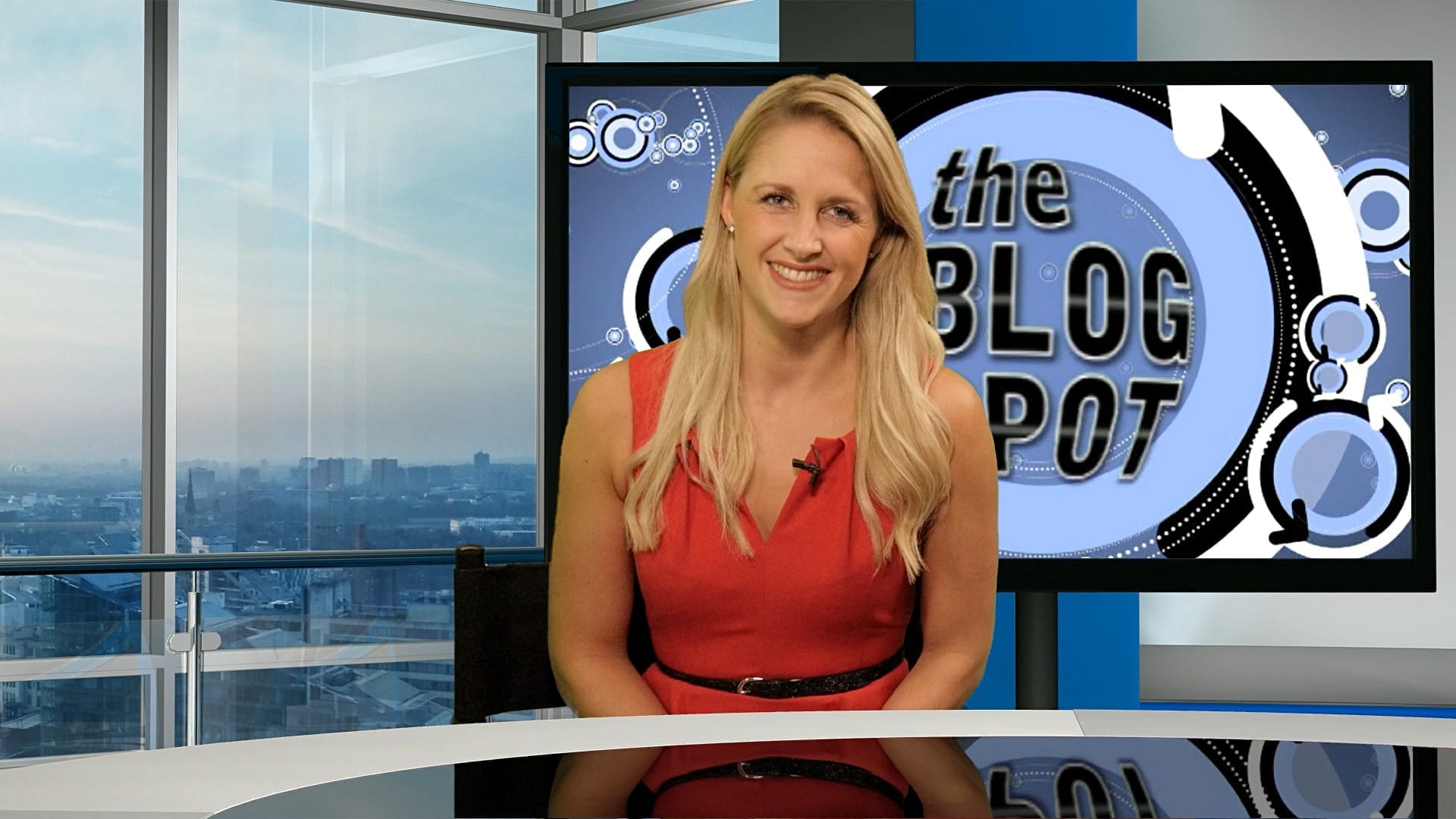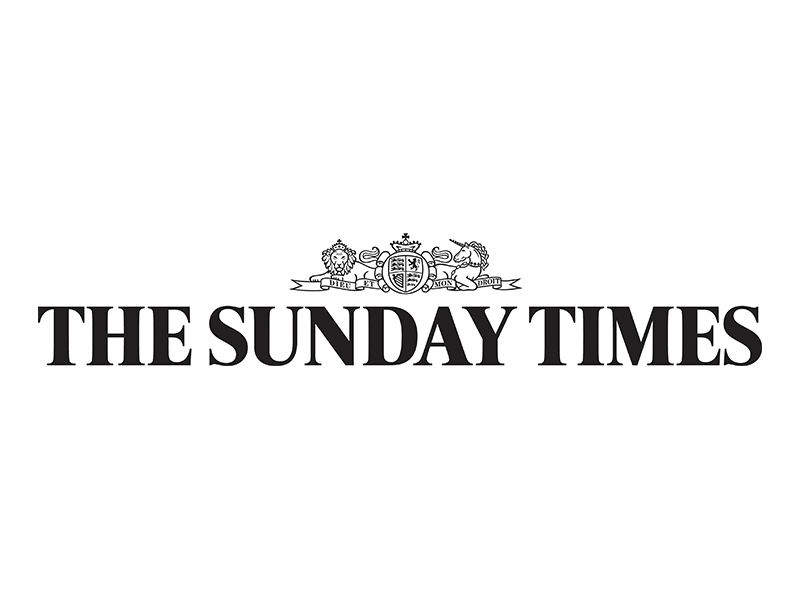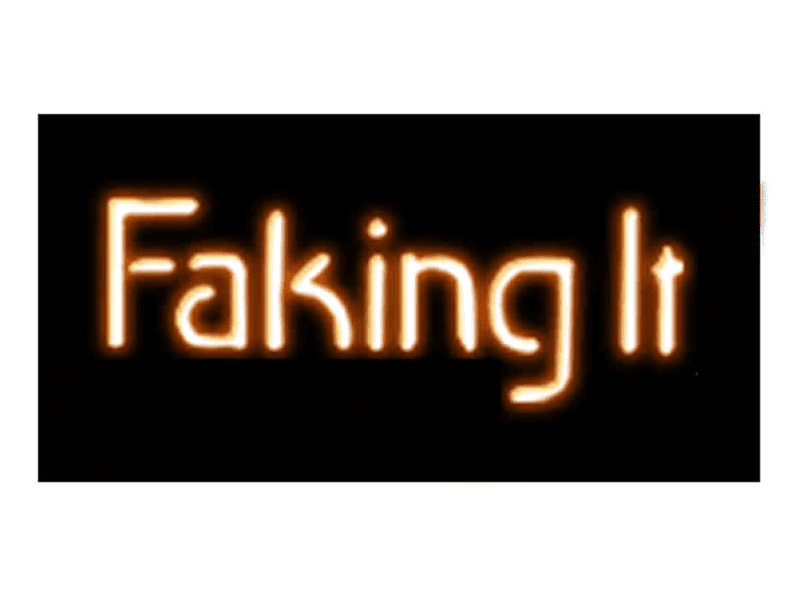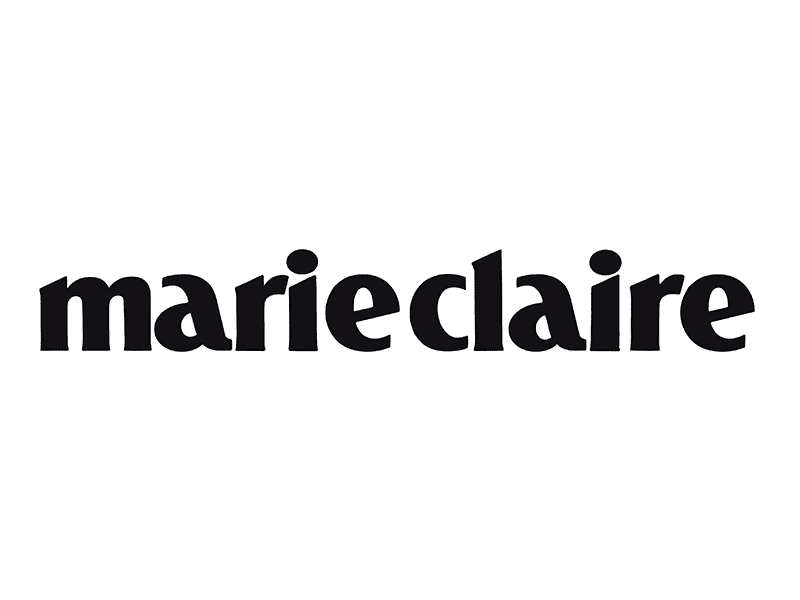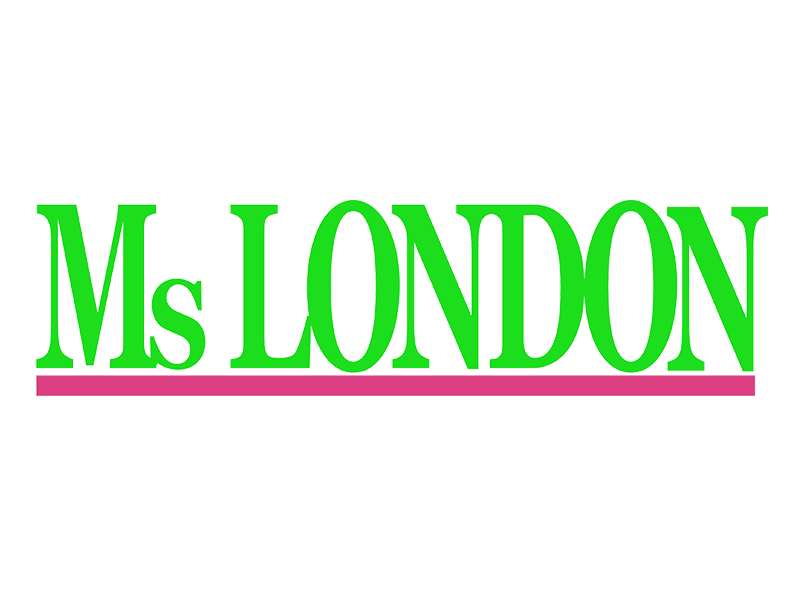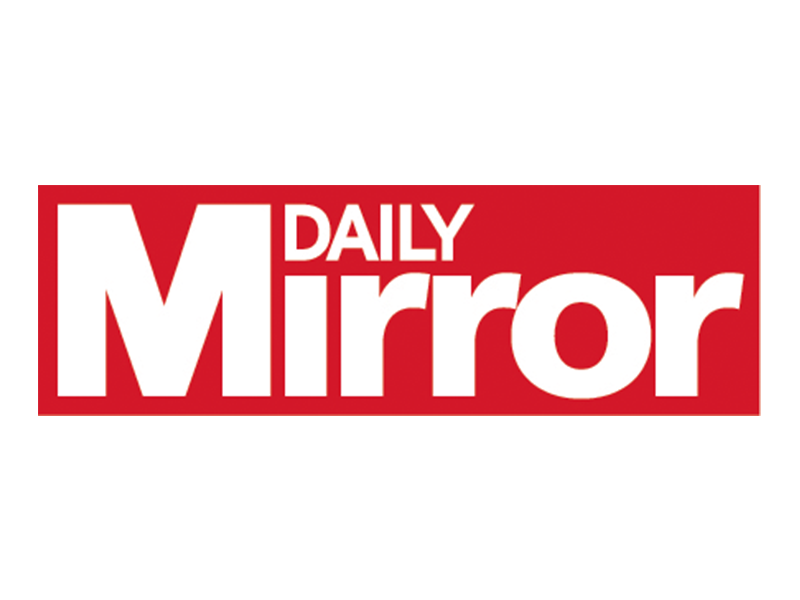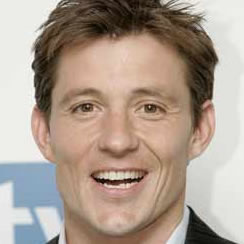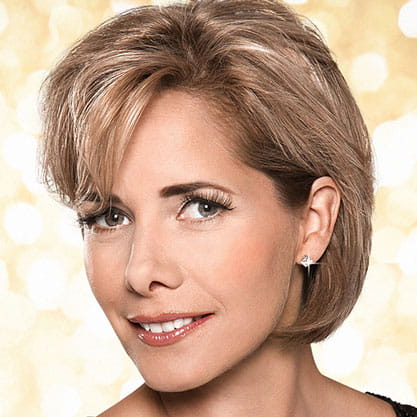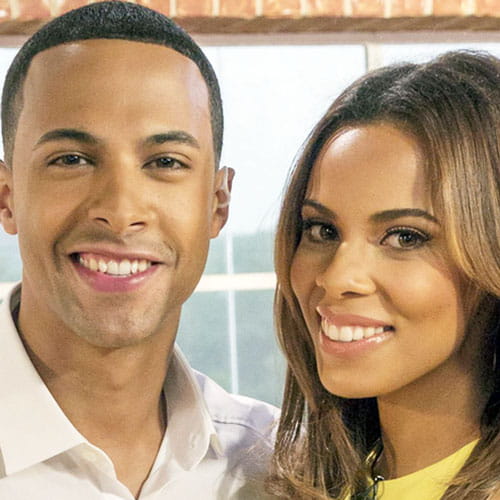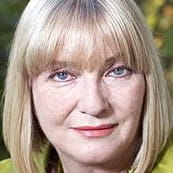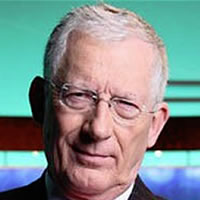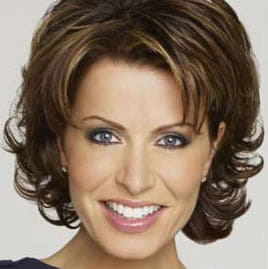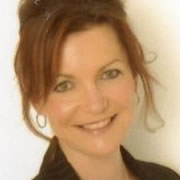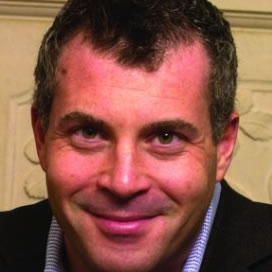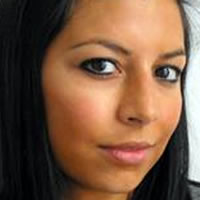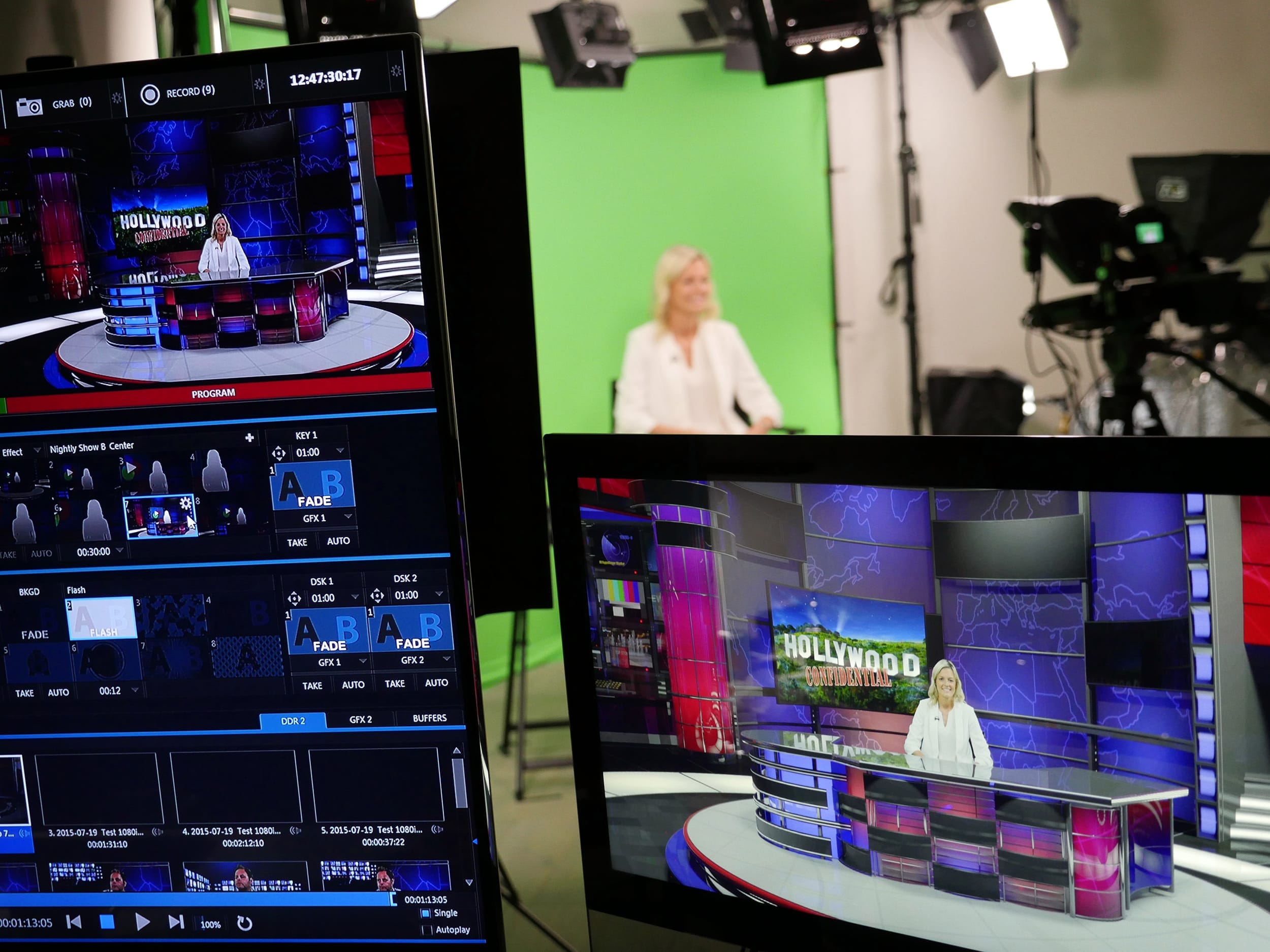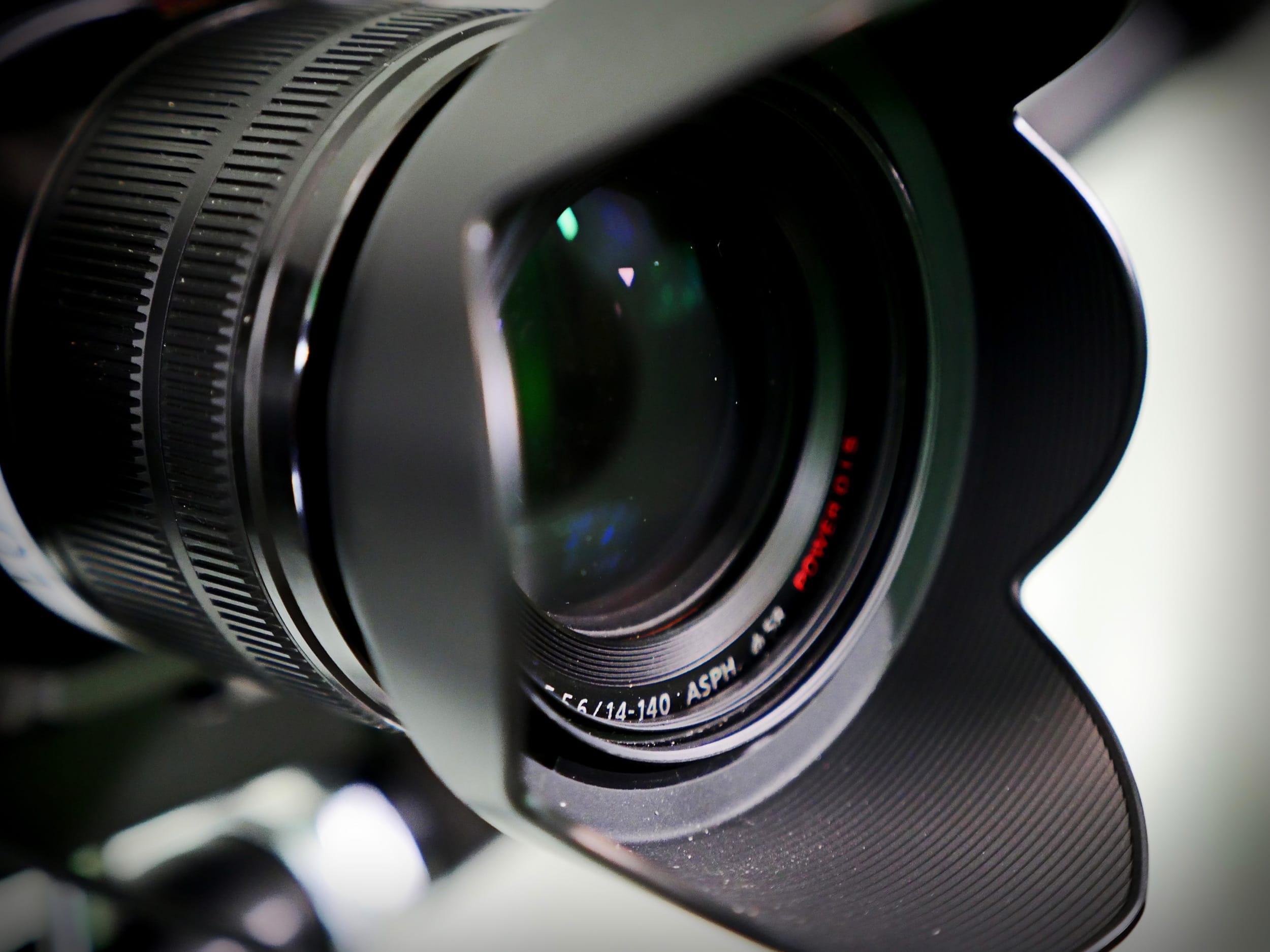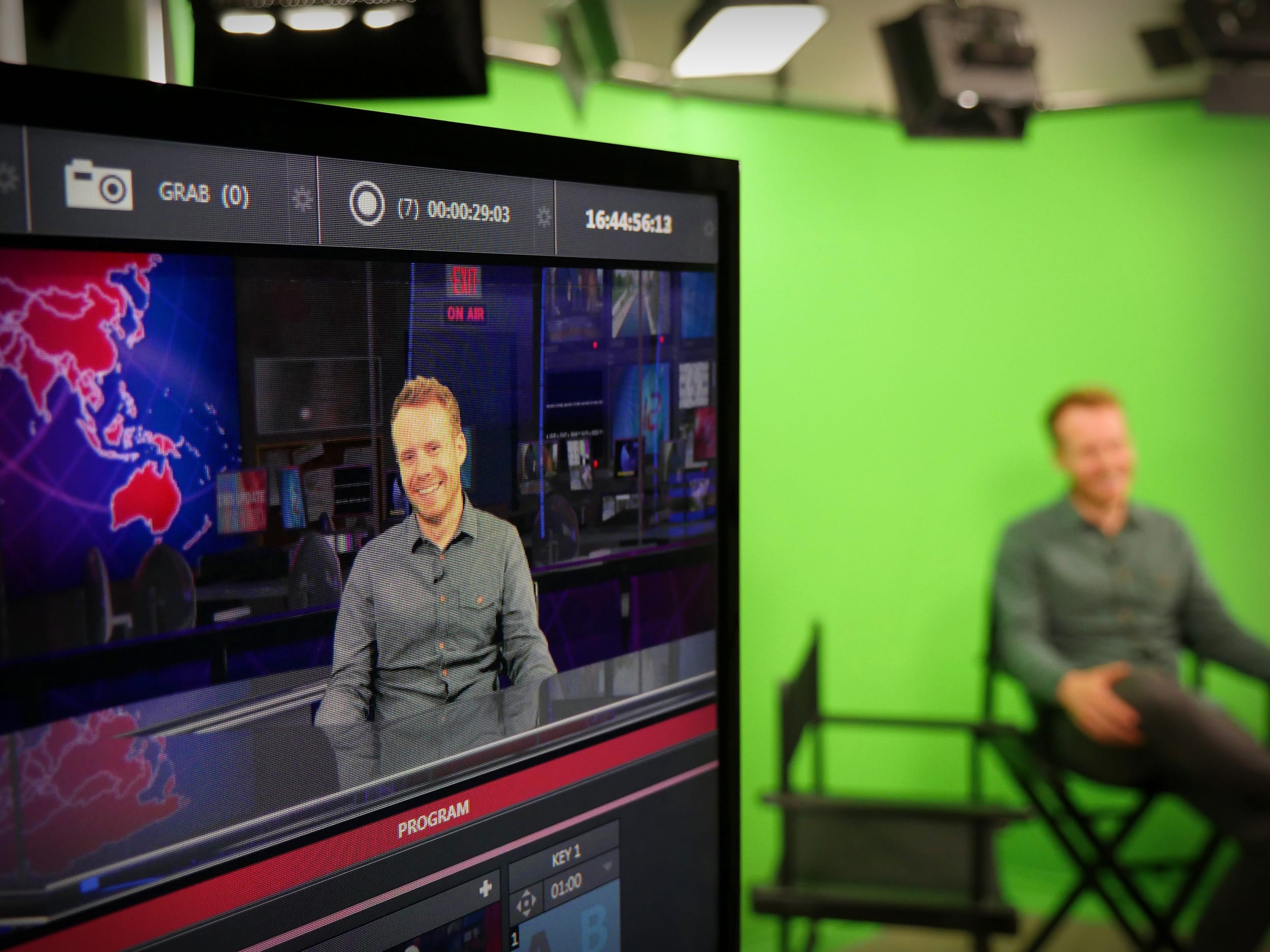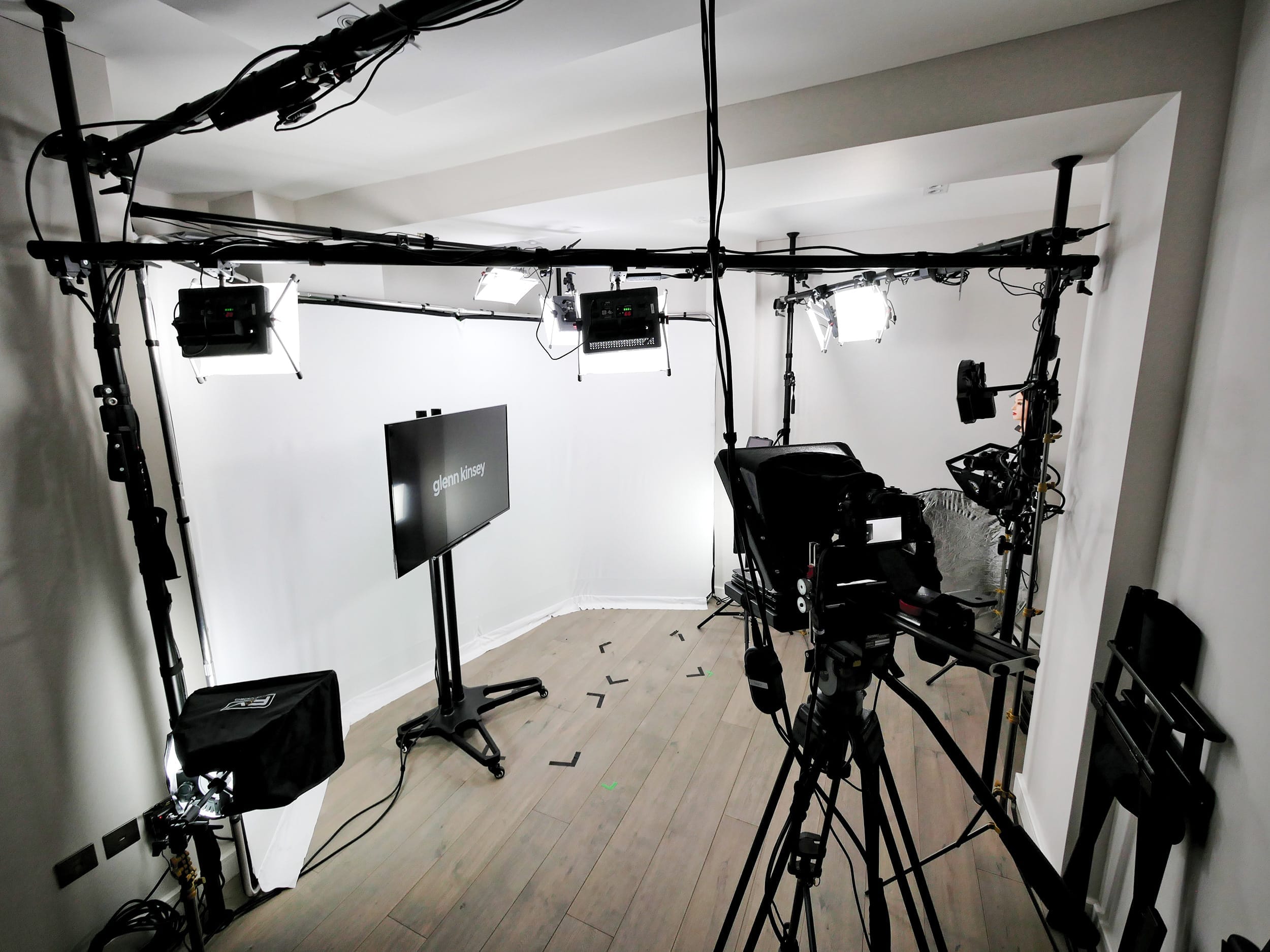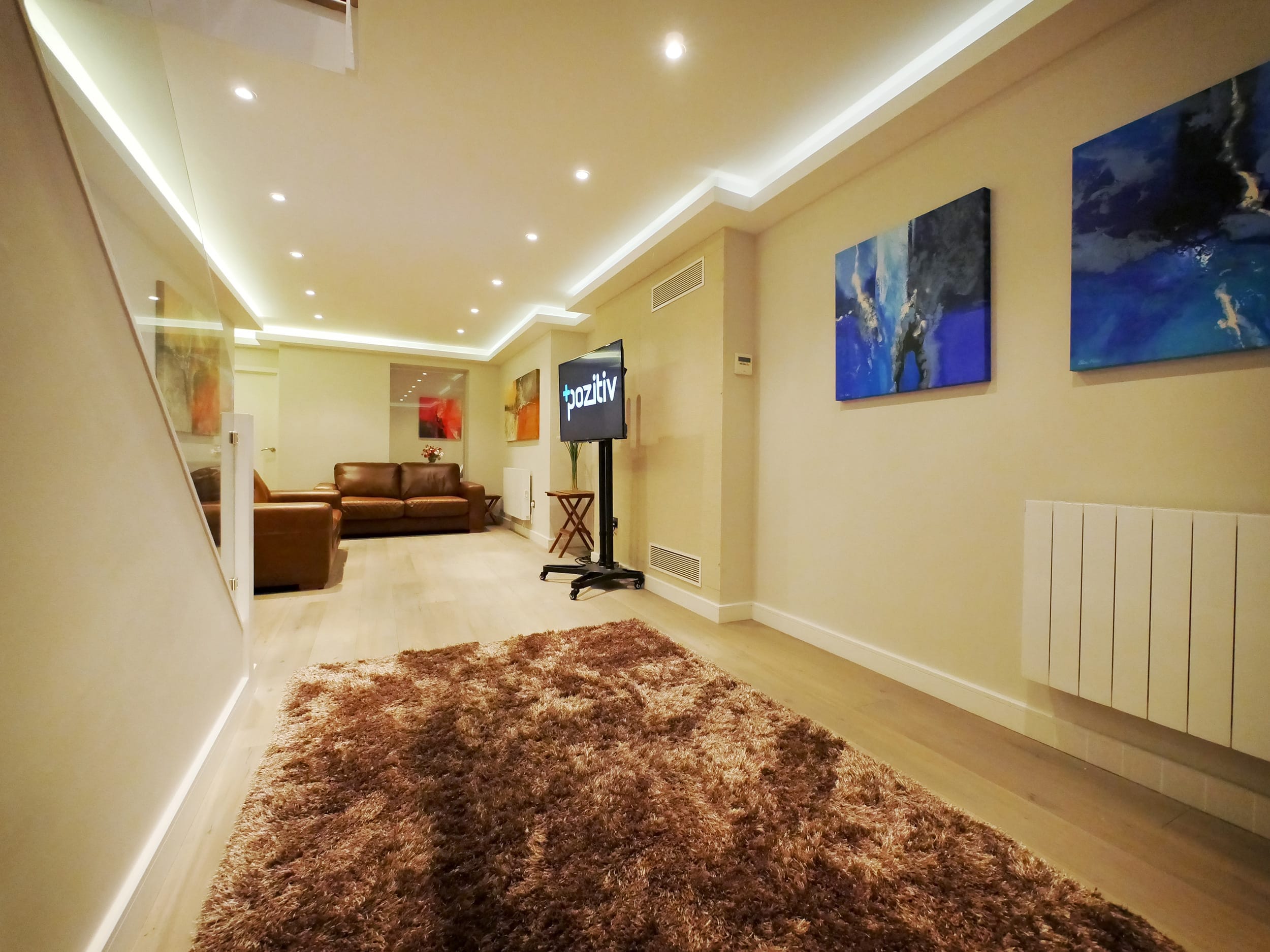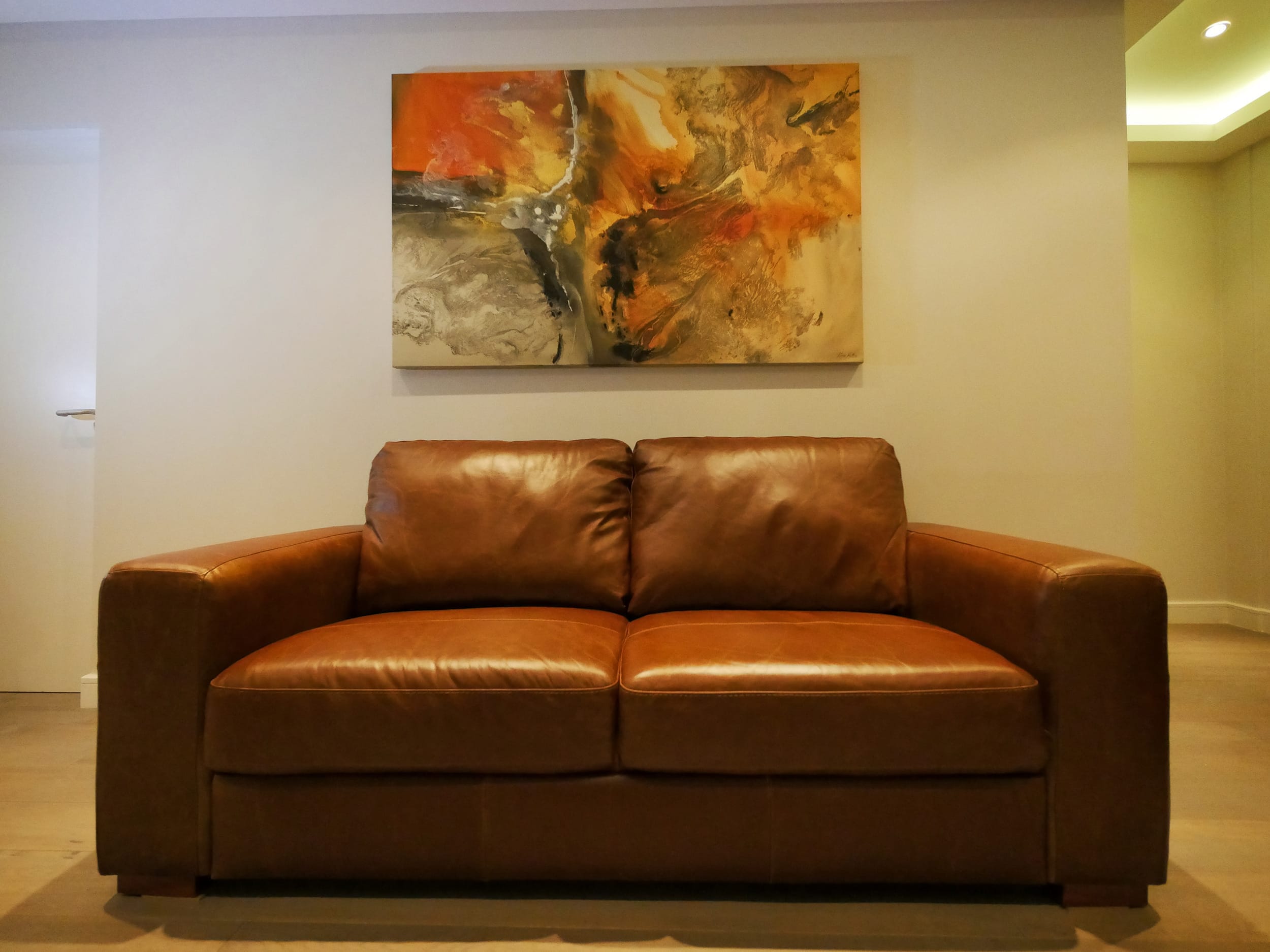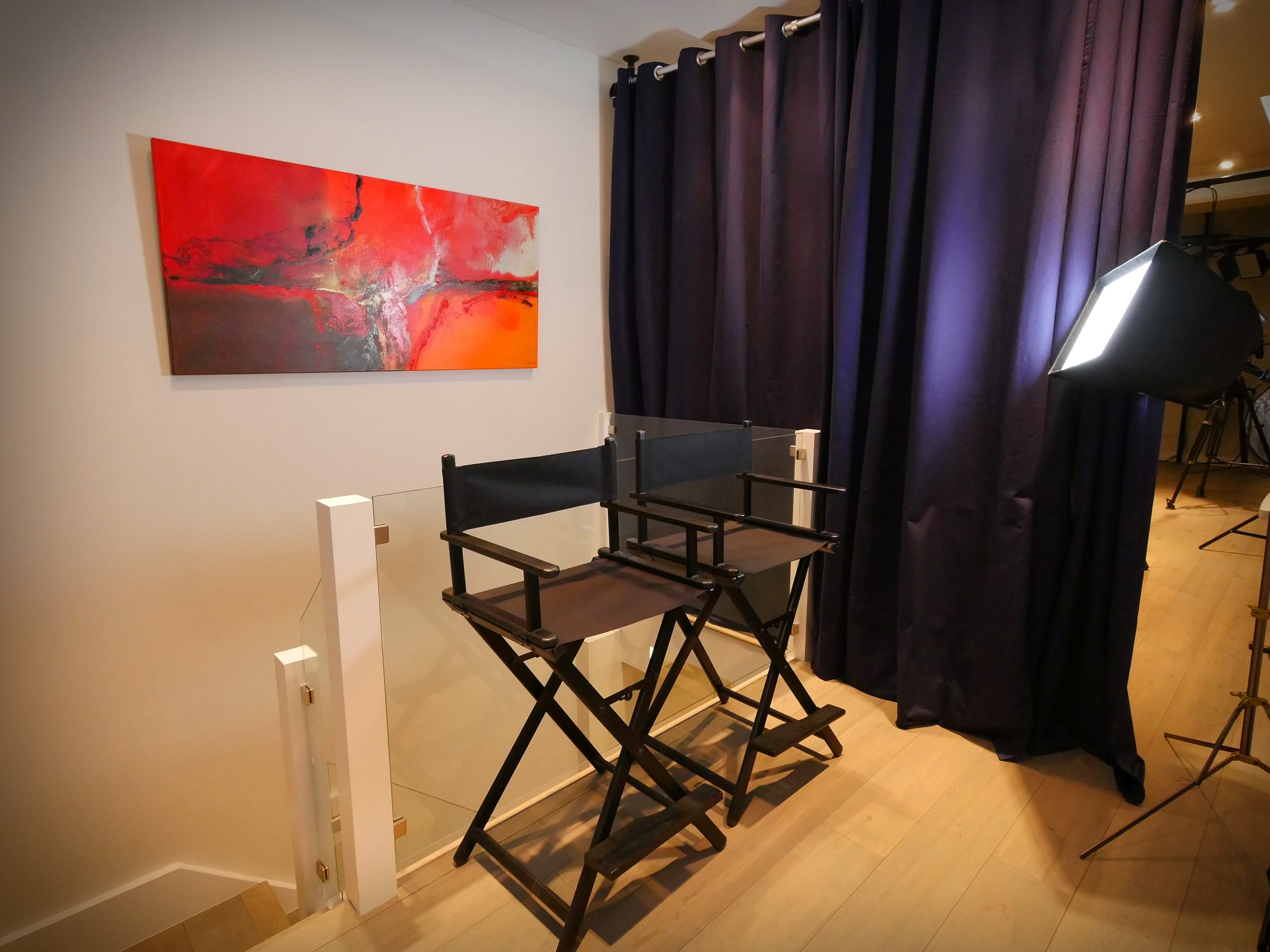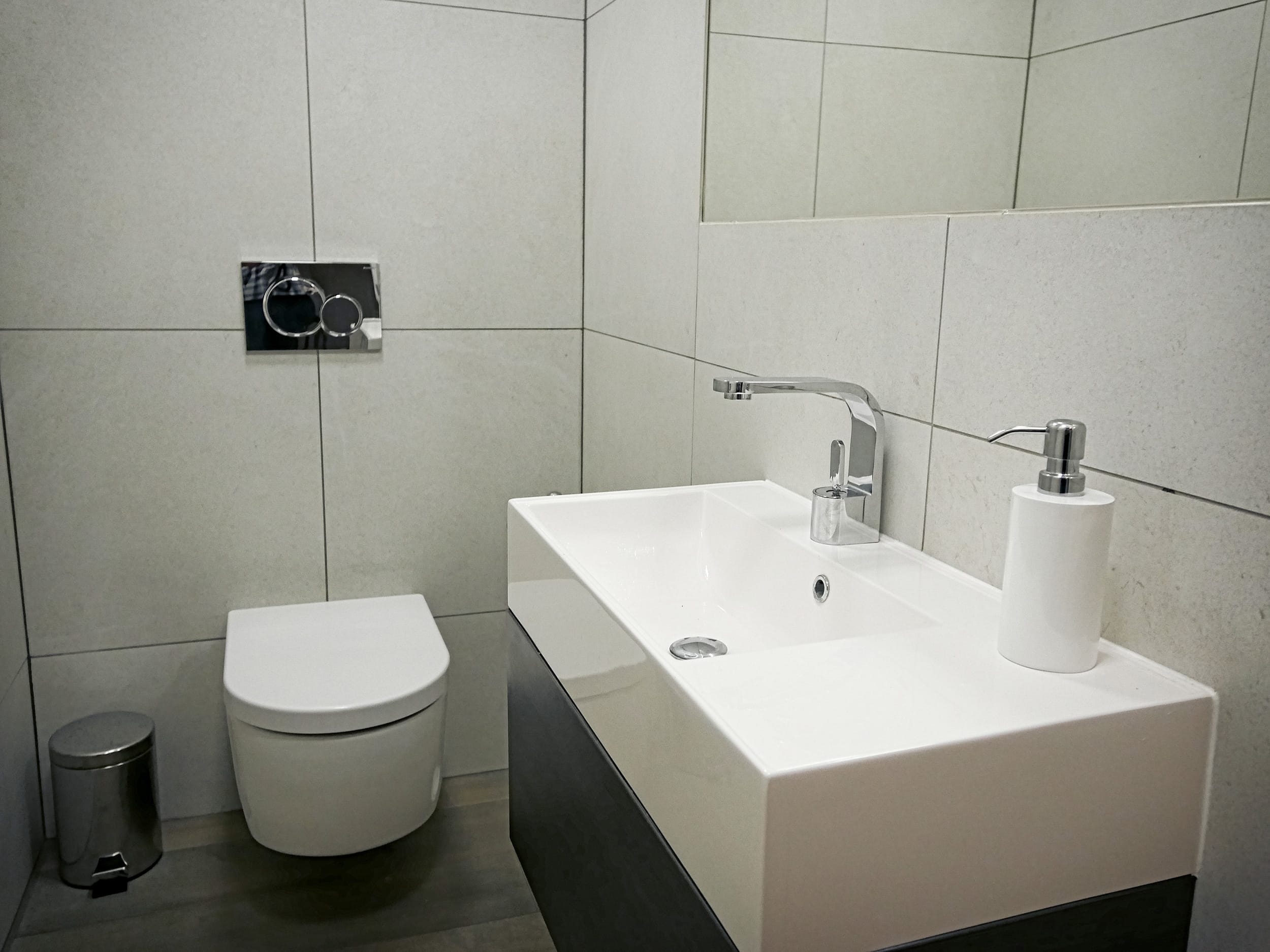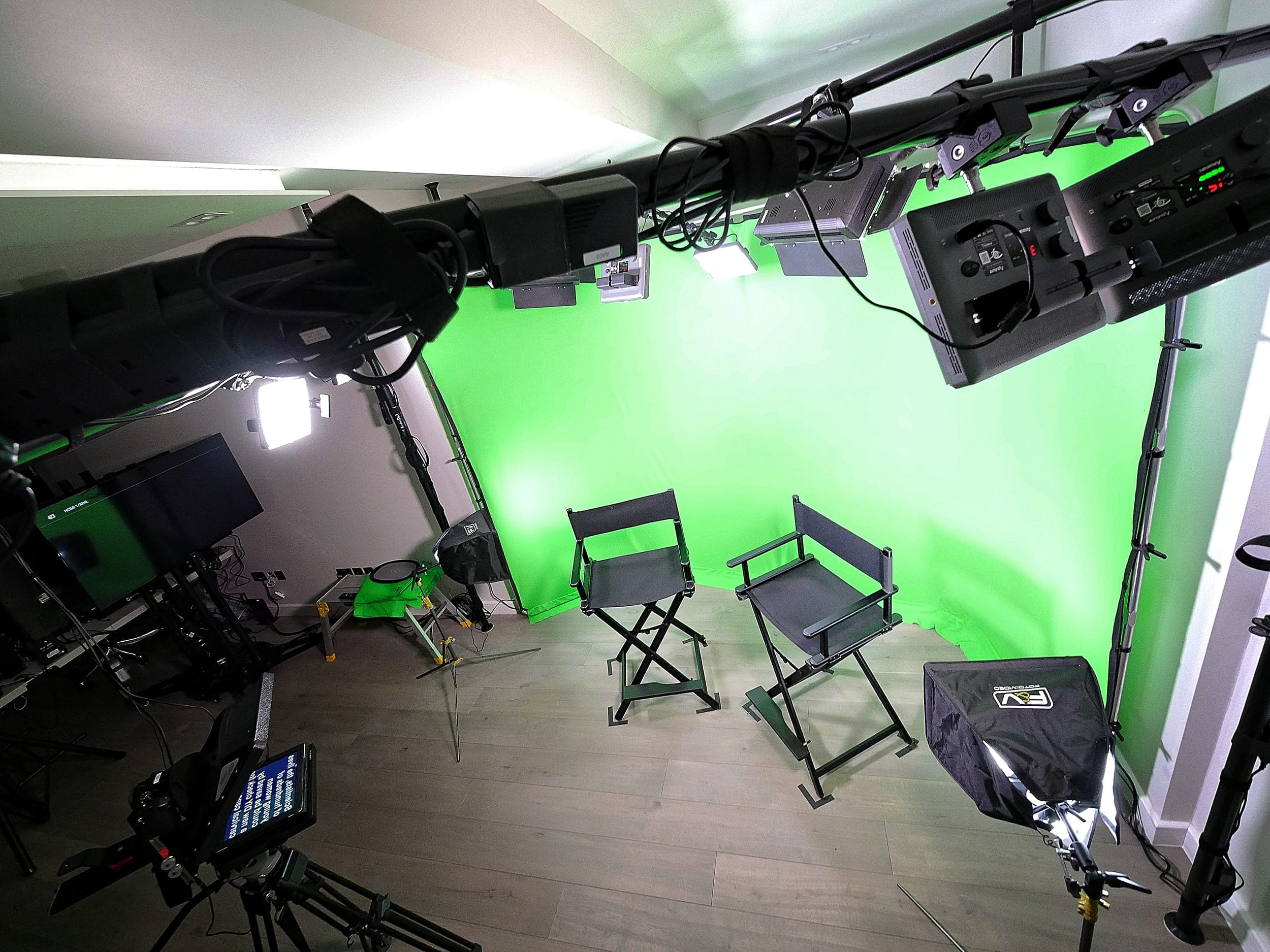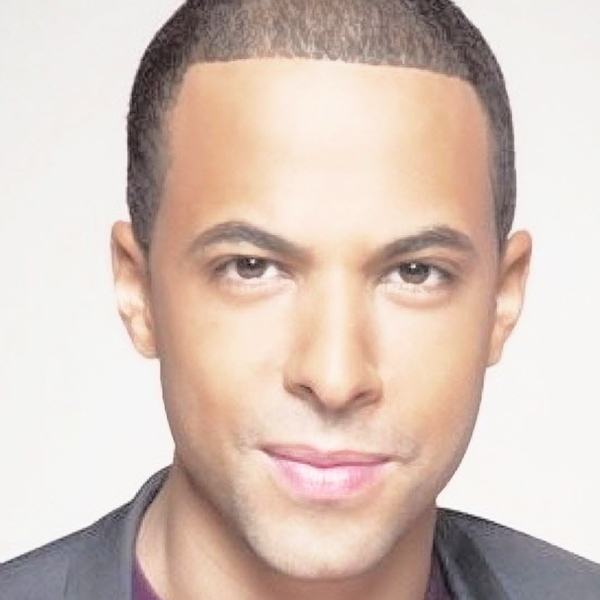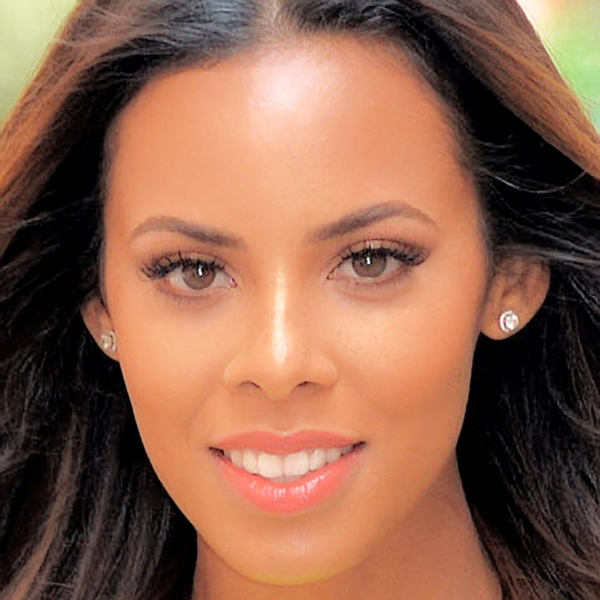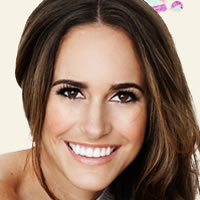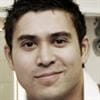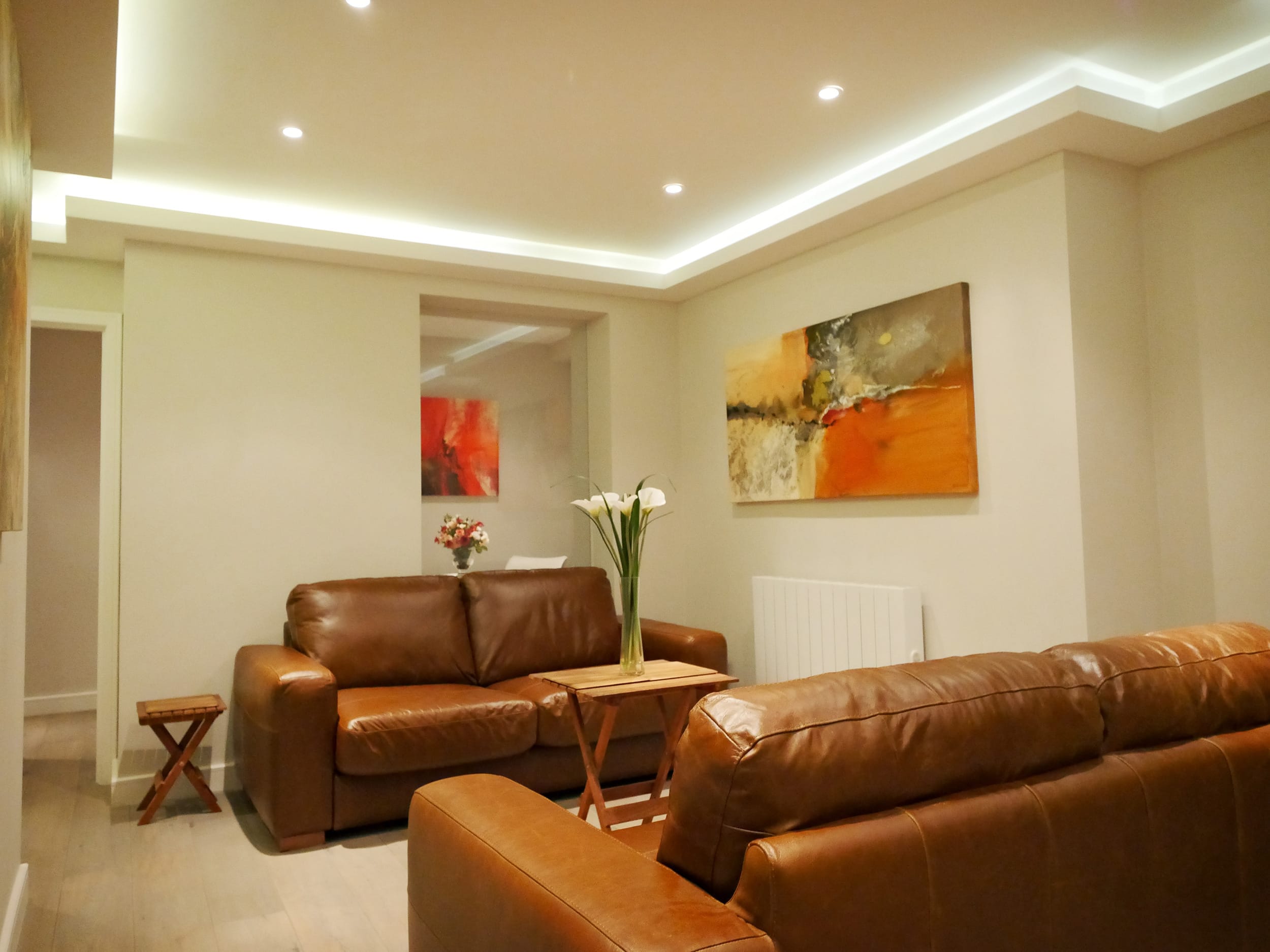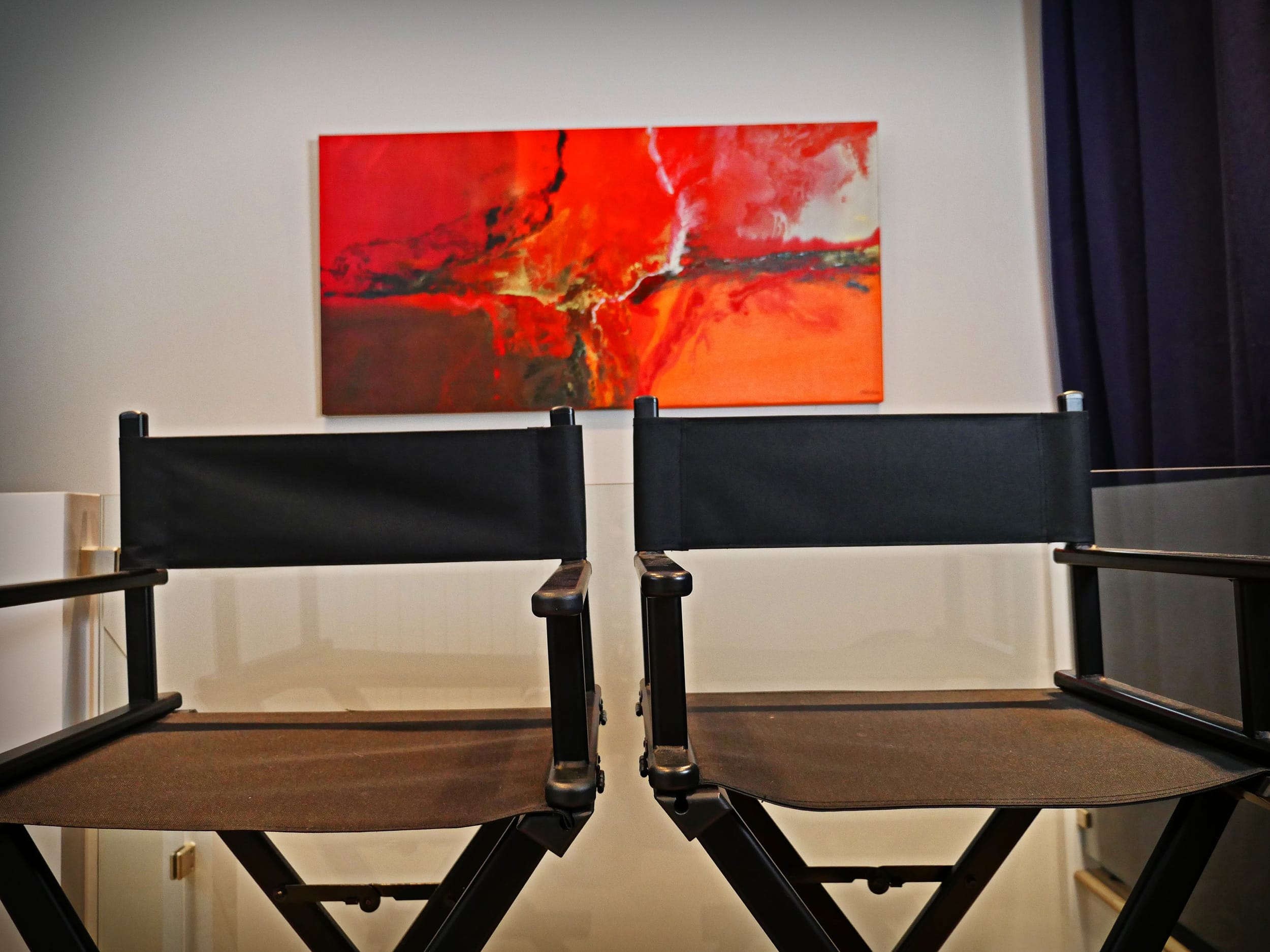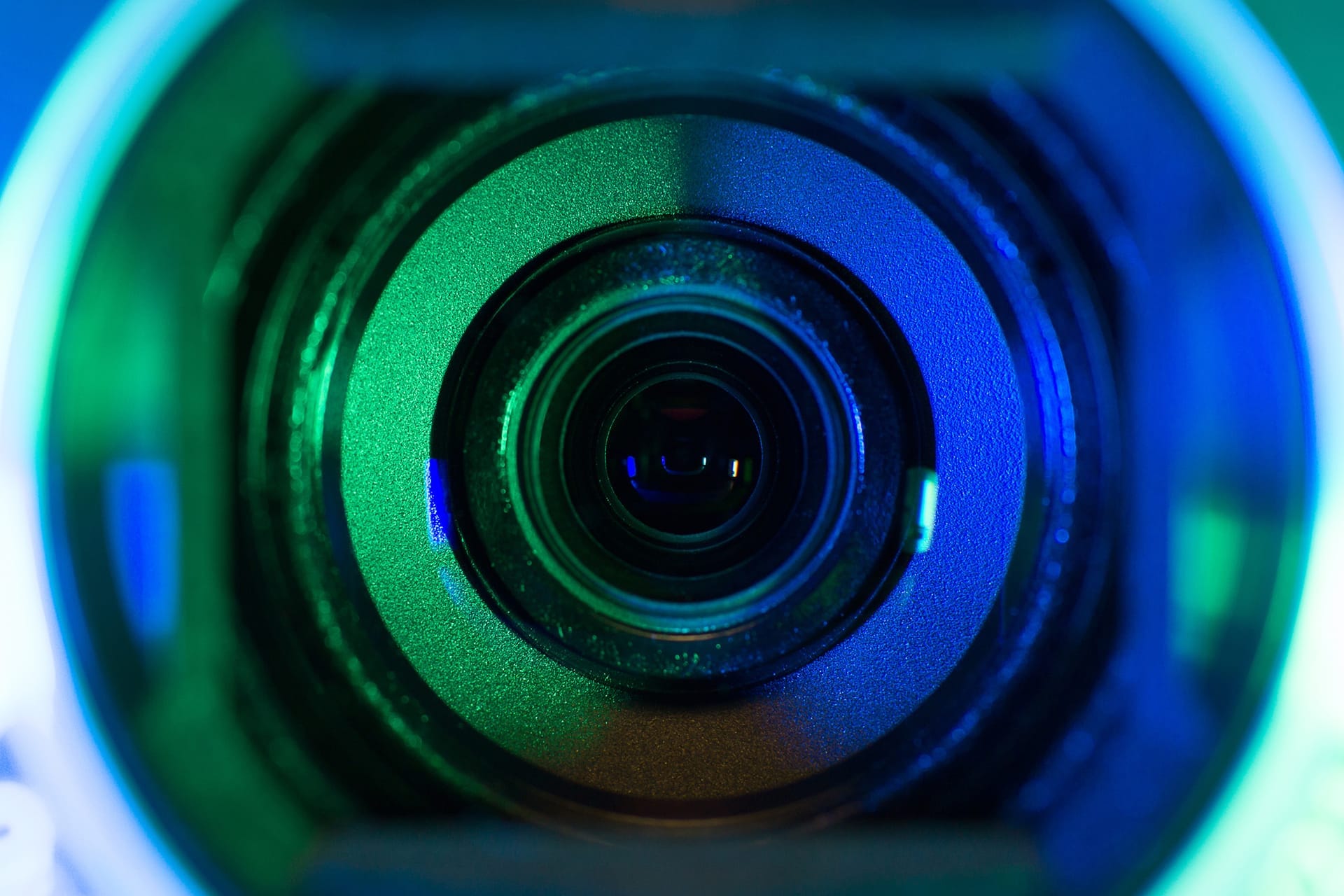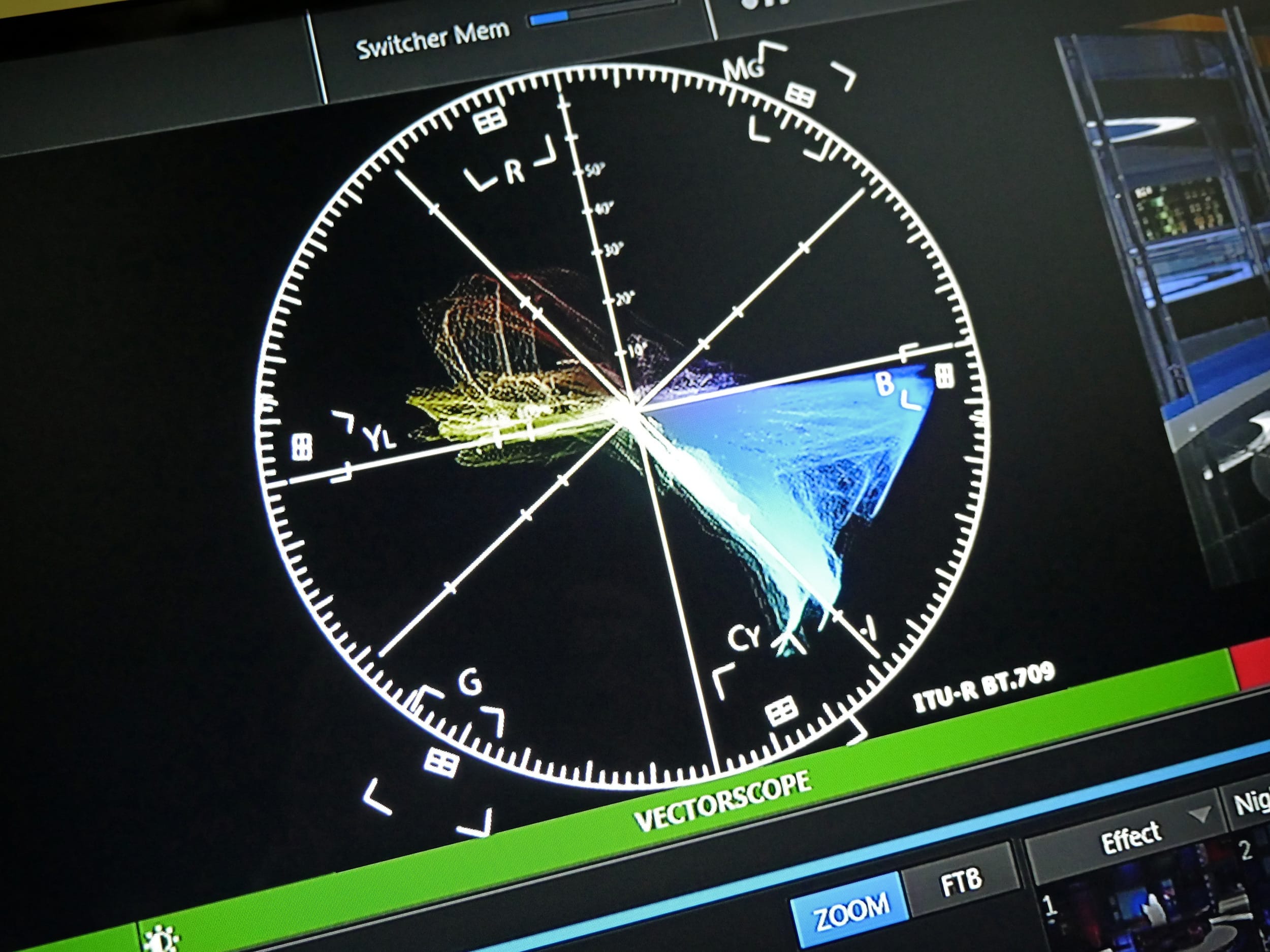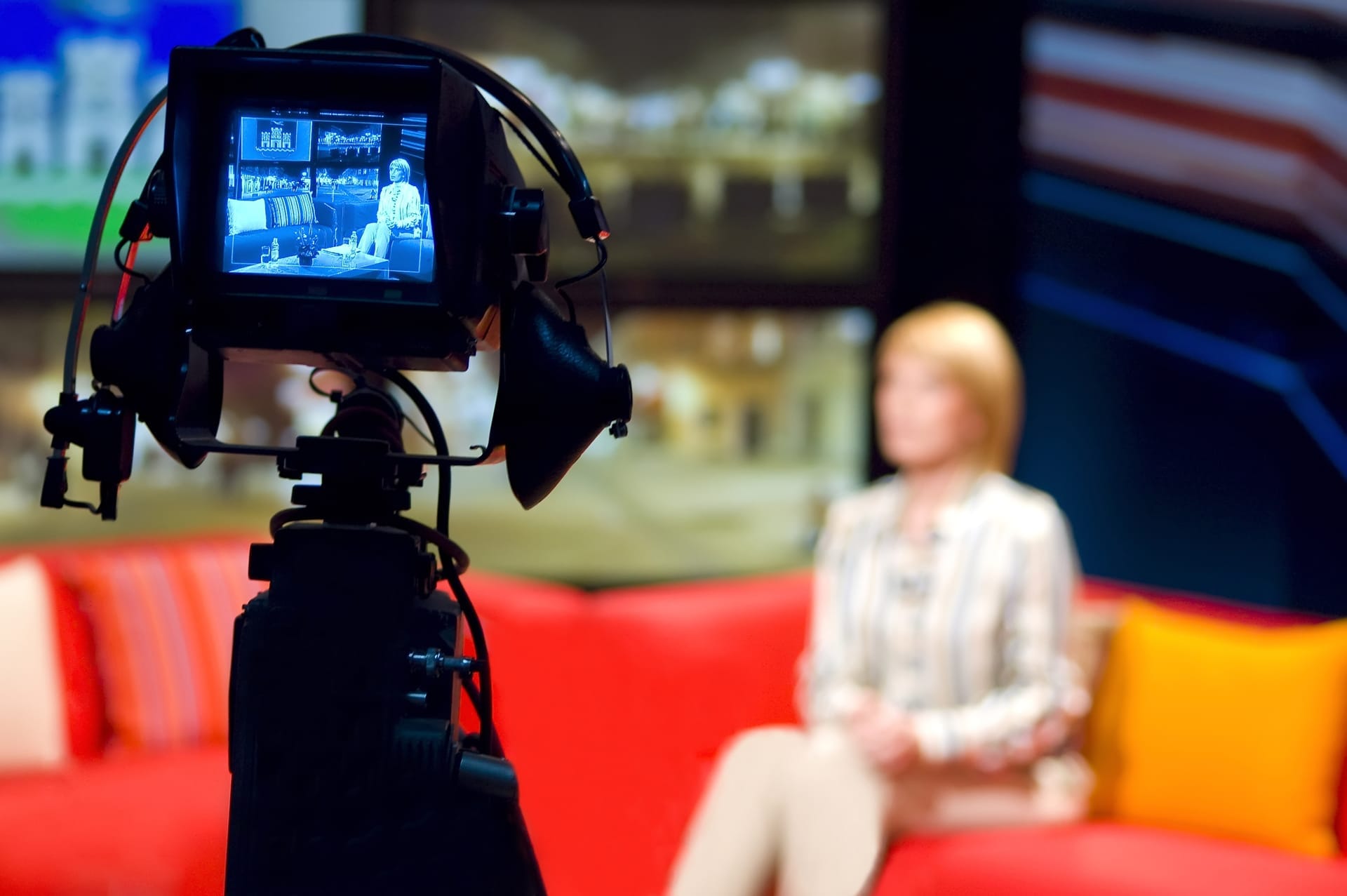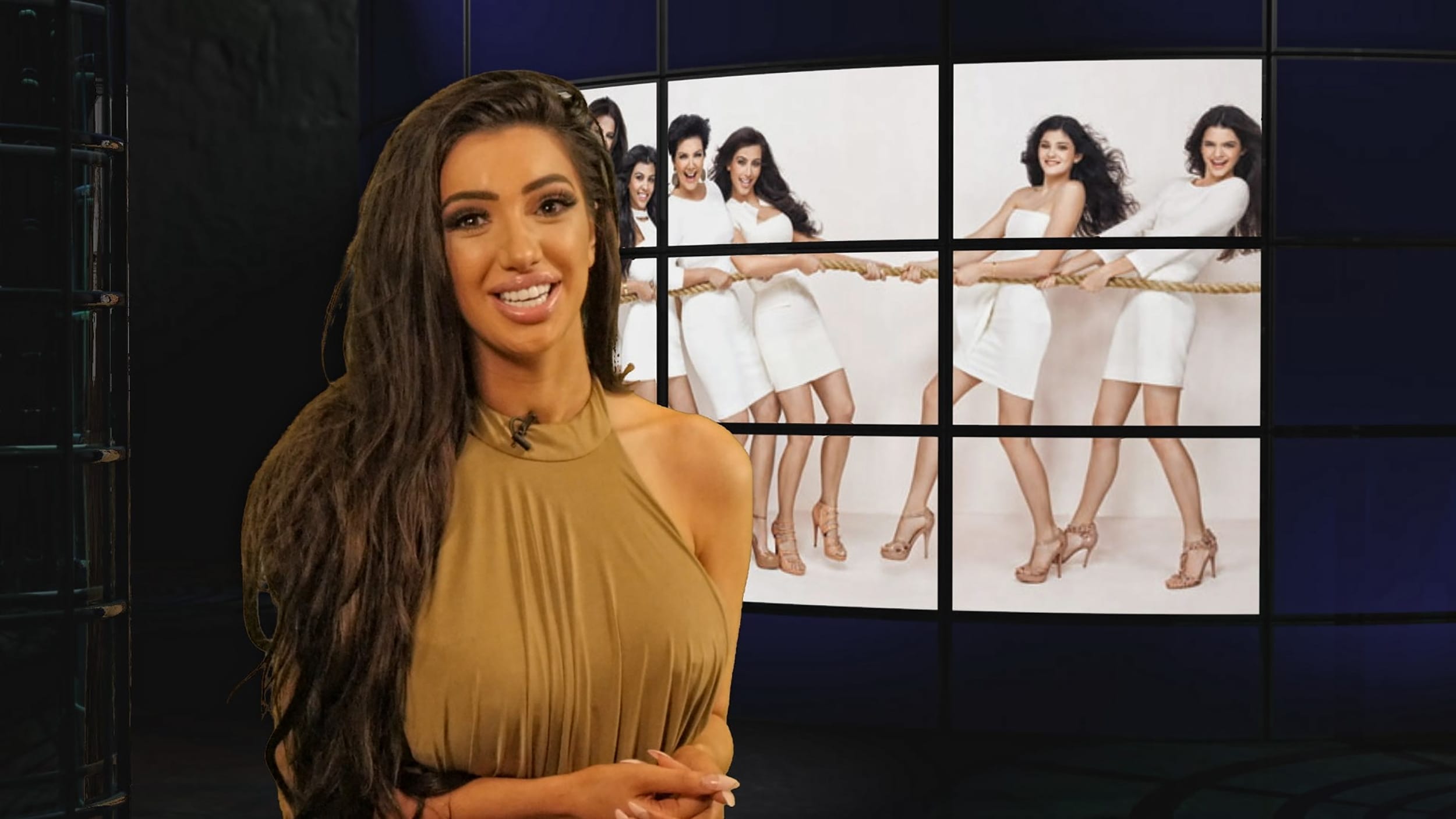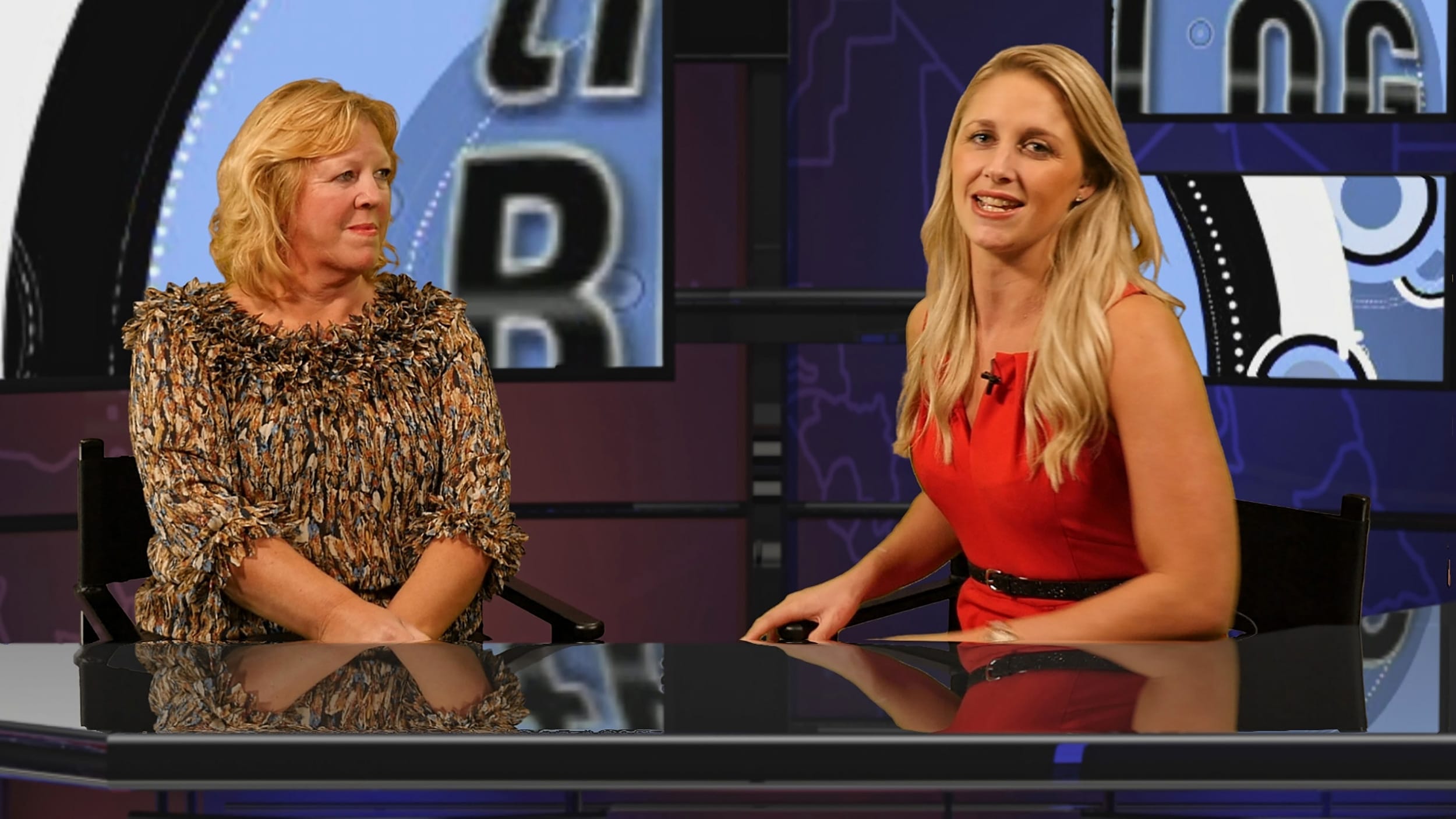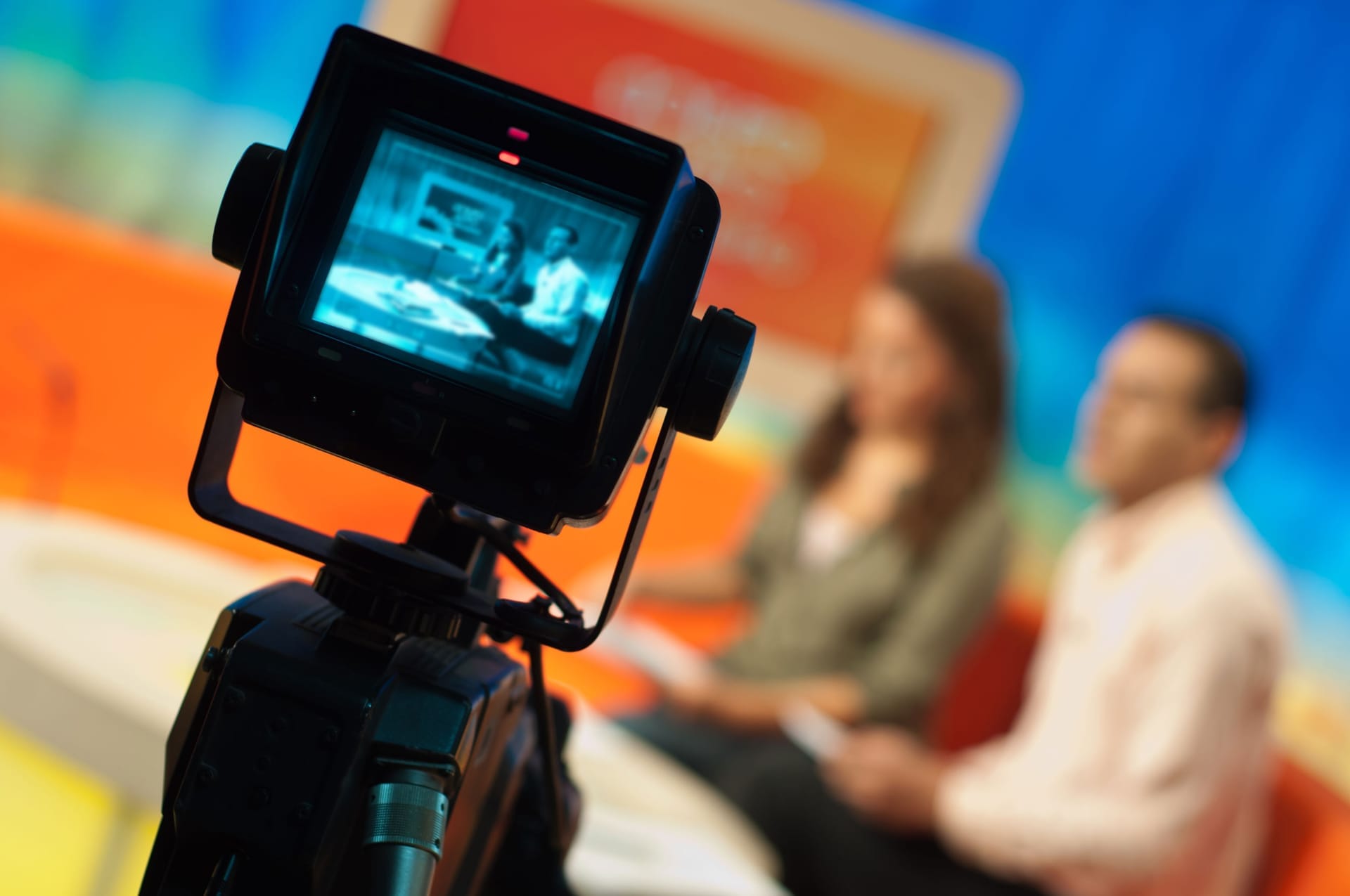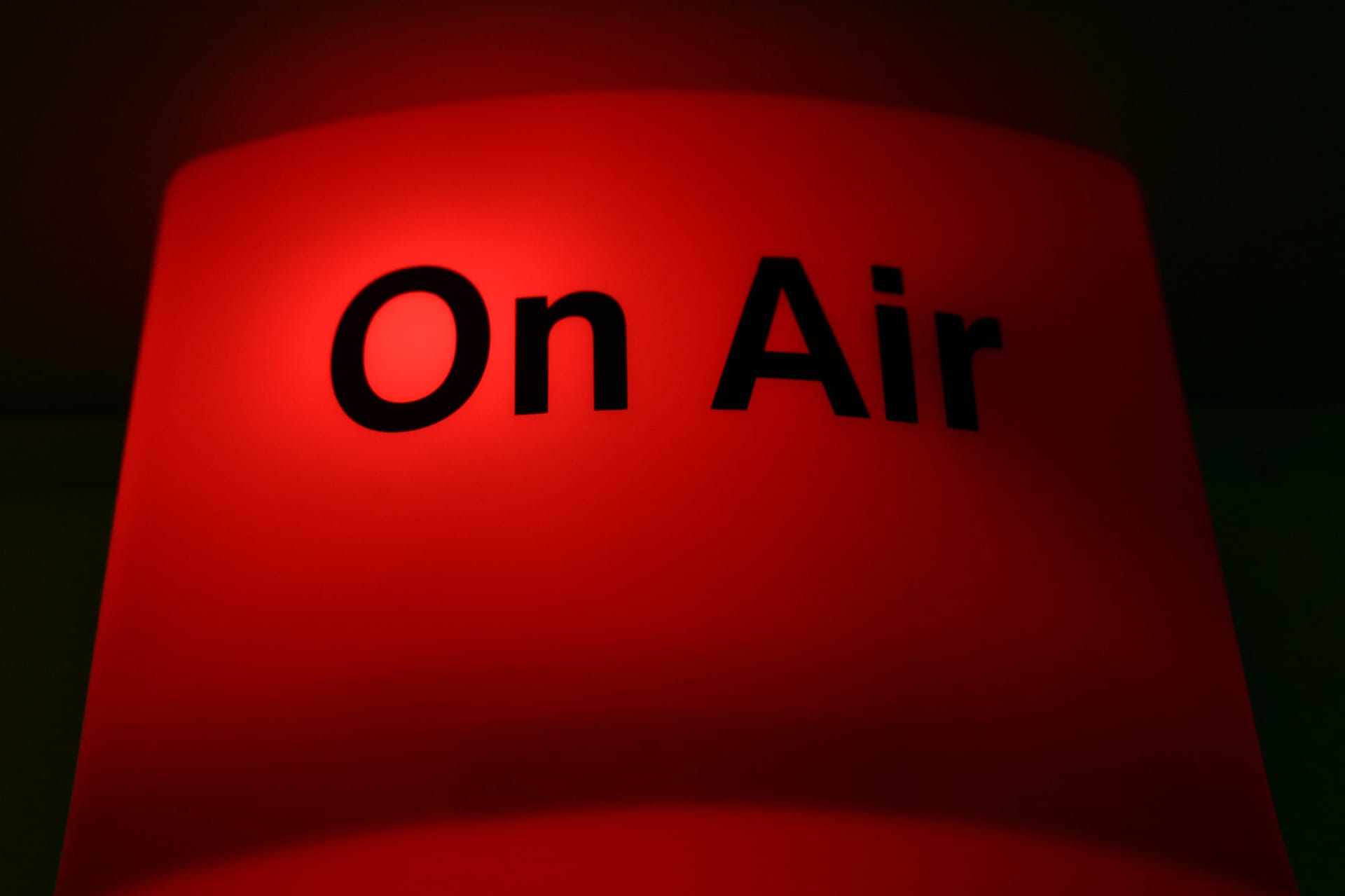TV Presenting Course
Be a TV presenter
An intensive, one-day course for both new and experienced TV presenters, reporters, vloggers or hosts complete with professional showreel footage and extensive back-up materials.Follow in the footsteps of some of the world's most famous faces with help from star TV coach, Glenn Kinsey.
Fantastic filmed footage
Showreel material you'll take away includesScreentests Ad-lib pieces to camera, delivered to-time, just like a typical screentest or audition
Custom pieces to camera Presentations delivered using Autocue with tailored special effects - from a news bulletin to a review
Location reporting Walking and talking, handheld camera presentations in a local location of your choice
Multi-camera shows Two "live" multi-camera magazine shows complete with title sequences, interviews and film inserts
Comprehensive
Just some of the practical experience includesTalking to time
Teleprompter technique
Script reading
Interview technique
Ad-lib presentation
Handheld camera presentation
Multi-camera direction
Earpiece with "open talkback"
Live broadcasting
Script construction & preparation
Camera technique
Studio etiquette
The best training
Incredible success rate Unparalleled track-record and independently confirmed success rate. Over 600 ex-students have found on-screen work - that's more than 20% of participants - many of whom are now household names
Recognised, reputable For over 30 years, I've consistently been the UK's most successful trainer of TV presenters with a fantastic industry reputation. Check out my press reviews and testimonials from some of the best in the business
Valuable advice Including comprehensive written notes and individual advice on getting more experience, making the right contacts and finding work. And my team is always happy to help in any way we can after your course
The best value
Places per course
Minimum participants and maximum support ensuring individual attention and development
£
Including VAT, support materials, full HD showreel footage, studio facilities and unlimited refreshments
Money-back guarantee
Is it as good as we say? Your peace of mind is assured with a unique, money-back guarantee of quality
Hundreds of Success Stories
TV Presenters Course
Full course tour from start to finish
Is This Really For You?
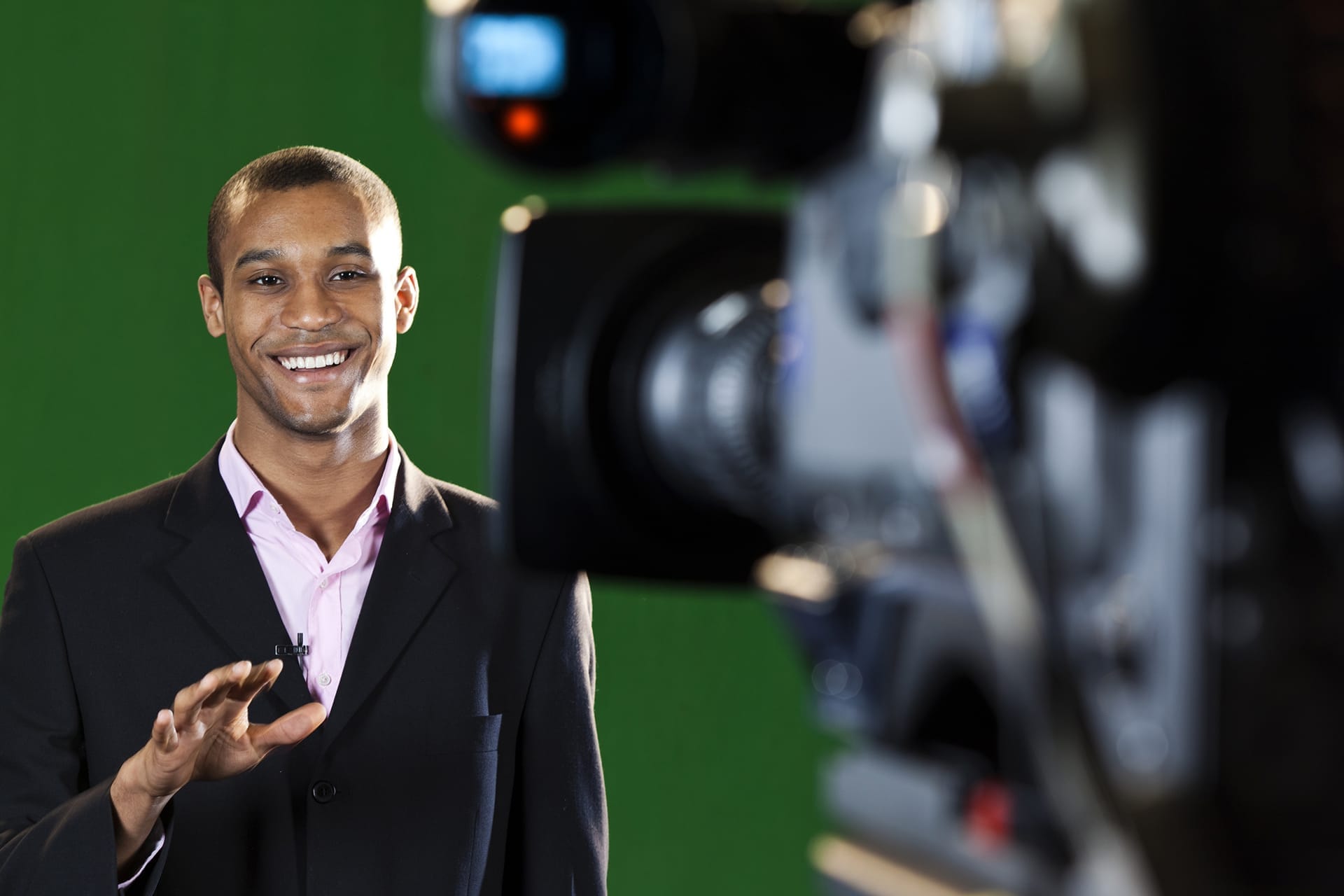
I know you know this but it's worth emphasising - pursuing a career as a television presenter isn’t easy.
Like any job in the media, it demands dogged determination and commitment along with a sprinkling of good fortune.
Nevertheless, every day presenters are selected for television programmes, videos, business TV, voice-overs, seminars and training programmes.
And, with the onset of vlogging superstars, an ever-growing list of TV channels and the current multi-media explosion, the opportunities have never been better. But how do you clamber on that first step up the ladder?
Starting Out
Well, starting out is undoubtedly the most difficult hurdle since only those with some previous experience - recorded for viewing - tend to reach the producer’s shortlist.
In other words, that eternal frustration - it's hard to get experience without first getting experience. And that's where my One-Day TV Presenters Course can help...
At the end of the day you'll walk away knowing whether presenting is for you - with professional showreel material to prove it.
You'll have the luxury of spending the day with the same team that's helped launch the careers of more presenters than any other training establishment.
Dedicated and professional, we're totally committed to providing you with the best training possible - and, since you're sharing the cost with other course members, you're making massive savings against investing in these facilities on your own.
By the way - if, at the end of the day, you discover that presenting's not really for you, don't despair.
You'll come away armed with valuable new skills, having learnt a great deal about both yourself and the television environment... as well as saving yourself the time, expense and effort of pursuing a career with which you wouldn't have much success.
But, if you discover a latent talent that matches your commitment you'll have all the basic tools for starting out in this exciting and rewarding vocation - as hundreds of our past participants who are now on your television and device screens will testify.
Perfect if you...
- Are a complete beginner
- Want more experience
- Want quality, professional material to add to your showreel
- Continually reach the shortlist but never get the job
- Have to present your organisation's business television or corporate video
- Know your presenting could be a lot better
- Want cost-effective access to my coaching and expertise
- Want a novel way to improve your public speaking and presentation skills
- Are regularly interviewed on television and know what to say, but not how to say it
- Are a vlogger or launching a vlog
Course Overview
Studio
The course is currently held in my own custom-built TV training studio in Central London, UK.
Set over two floors in Kensington Gardens, this private, state of the art, multi-camera facility mirrors all the key elements in a typical broadcast studio with full remote lighting grid, production gallery area, live virtual set technology and a relaxing Green Room.
The Day
You’re thrown right in at the deep end with a day that’s almost 100% practical. It runs from 9.30am to approximately 6.30pm and refreshments throughout the day are provided.
Course Numbers
We put a lot of effort into totally focusing on each individual participant, concentrating on their own specific wants and needs. Therefore, we have a maximum of only 3 clients on each course.
Typical Participants
The course attracts participants of all ages and backgrounds. From complete beginners to established presenters wanting some objective coaching. From celebrities looking to make a transition to presenting to CEO's needing to present their company's promotional video.
To date, individuals from more than 20 countries have made the trip to the UK to take part, sometimes recording much of their material in their native language.
We don't tend to attract - or encourage - the "I just want to be famous" brigade. Our clients have typically thought long and hard about investing in our training and most arrive at our door through personal or industry recommendation.
Your Showreel Footage
The total amount of your recorded work will vary slightly from person to person, but expect to take away around 20 to 30 minutes worth of material.
We record in full HD and provide your footage on a USB stick. In addition, we can upload everything to a password-protected area online so you can download or view on your smartphone, tablet, PC or Mac.
Glenn Kinsey
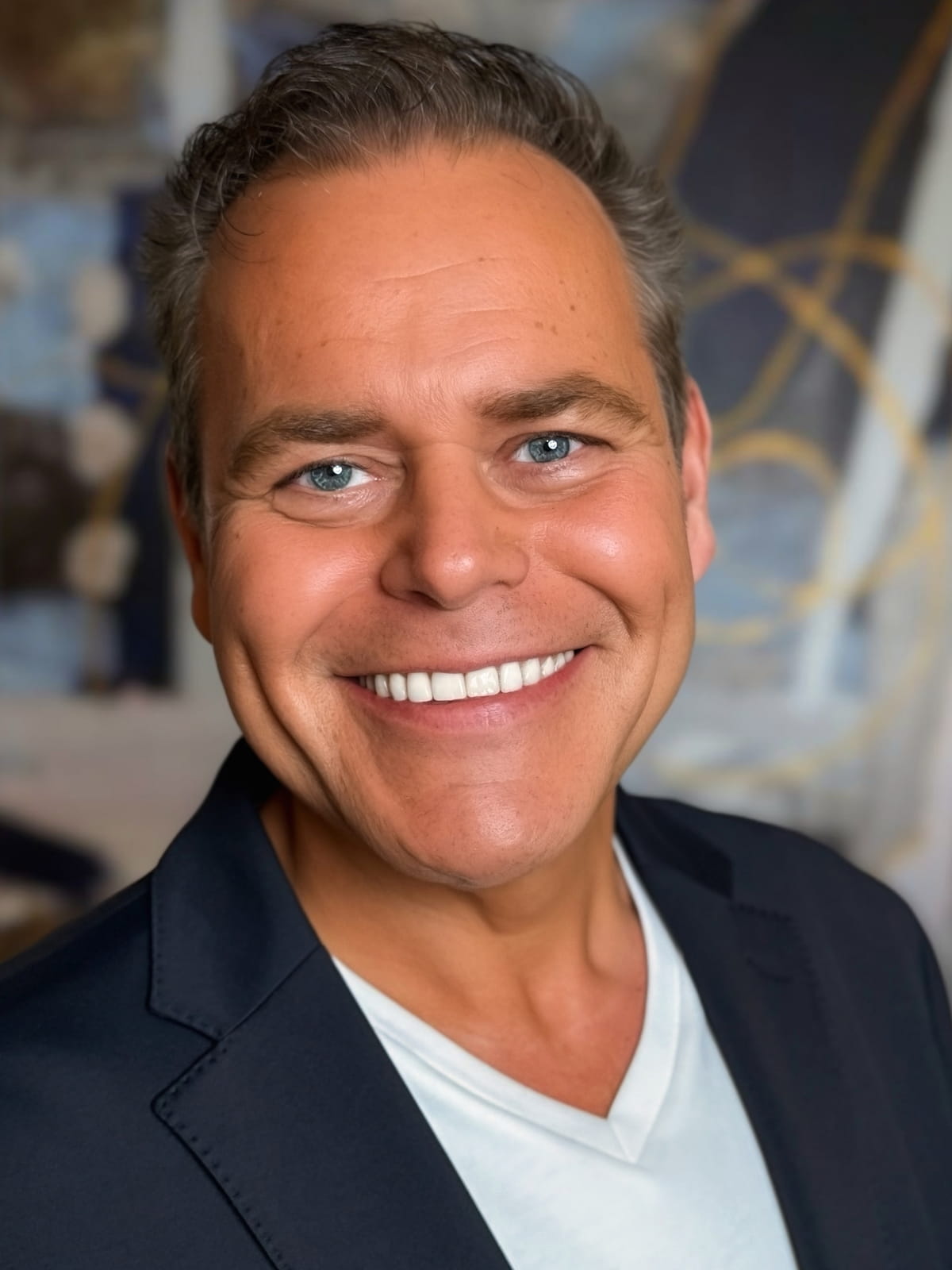
No-one can guarantee you success in the media. But, to shorten the odds, it makes sense to at least ensure the advice you receive is from someone with a proven track record.
For me, it all started by accident.
I was a 21 year old working in British broadcasting and successfully coached some novice TV presenters. A national newspaper wrote about it. And my phone didn't stop ringing.
Since then, over the past 30 years, I've helped some of the biggest names in TV, celebrity, media, business and politics be more confident, more compelling and more effective in their presentations.
I learn more from each and every client and pass that on to the next one. You'll have the benefit of that collective knowledge no matter what your level of experience.
Track Record
A large proportion of the presenters and "media stars" on your TV screens first unleashed their talents through my training.
And, with over 700 previously inexperienced presenters alone ending up on-screen after my coaching, I'm recognised for successfully training more TV presenters, hosts and on-screen journalists than any other individual in the world.
My coaching style has been the subject of two BBC documentaries and numerous features in the national press. Additional TV training features include:
- Turning a hairdresser into a weather presenter in the space of a morning for ITV's "Don't Just Dream It"
- Resident media coach on MTV's worldwide hit reality series, "Kept with Jerry Hall"
- Coaching a Glasgow newsagent and mother of three to be a presenter as part of the award-winning Channel 4 documentary, "Faking It", resulting in her fooling all the expert industry judges whilst competing against professional TV reporters
- Training the finalists for ITV Breakfast's "Search for a Presenter" competition, with the winner presenting for LK Today
- Resident performance coach on Sky TV's "A Gypsy Life For Me"
- Taking on a challenge from the UK's Daily Mail newspaper to help turn a young waitress into a television presenter (and, after just a day's training on this very course she landed her first job on ITV within 30 days)
Background
I started out as a presenter myself, with a first national TV appearance when I was just 13 years old. For the next 10 years, I fronted over 500 hours of broadcast TV for the BBC, ITV and Sky.
I've authored three top-selling books, collectively selling nearly one million copies - two specially commissioned by Marks & Spencer and another for BBC Books published both in the UK and USA. I also write for the BBC College of Journalism.
Away from coaching, I've founded a number of successful businesses including a PR consultancy and the UK's leading specialist hair extension studio.
In 2018, based upon my work, I was granted permanent residency of the USA under the rarely awarded "extraordinary ability" category, before gaining additional USA citizenship in 2023. I split my time between our UK and USA (Los Angeles) offices.
This course, which was my very first foray into training 30 years ago, has existed in one form or another ever since. And, whilst workload prevents me from hosting as many as I used to, it's still my favourite and has helped kick-start the TV careers of so many.
Course Notes
Once your place has been confirmed, you’ll receive exclusive online access to our comprehensive Course Notes, crammed full of detailed information about the course and television presenting.
- As a “mini-course” in itself, your notes will answer most of the common questions we come across as well as taking you step-by-step through the day’s schedule
- This immediately enables you to get more “in depth” during the day, as well as allowing you to make any pre-course preparations you feel necessary
- Easy to read and logically structured, this comprehensive guide covers all sorts of topics from basic interview technique to deciding what to wear; dealing with dyslexia to coping with any nerves you might have!
- It features a wide variety of hints and tips and “tricks of the trade” which participants often refer to long after they’ve attended the course - particularly just before an audition
- You’ll also find plenty of background information including an invaluable glossary of technical terms, floor manager hand signal diagrams and directions to our studio
- You can make use of this guide in whatever way suits you best - whether you give it a quick glance before coming or absorb the lot, rest assured that everything will be covered during the course day itself
- It also means you don't have to do as much "note-taking" on the day, so you can focus fully on asking additional questions and absorbing information
- And, don't forget we'll be in regular contact before the course to make sure that you're all set and ready to go
Technical Tour
There’ll be a coffee waiting for you when you arrive and the day kicks off at around 9.30am. You’ll be introduced to our team before embarking on a whistle-stop tour of the technical facilities.
This is no "time-filler". You'll learn only about the personnel and equipment that directly affect you as a presenter.
Techniques you'll learn include
- The different types of monitors and how to use them to your advantage
- How to be sure you’re looking at the right camera in a multi-camera situation
- Dealing with the sound - or talkback - down an earpiece
- How to use a prompting system effectively
- An enterprising trick for remembering your lines in the absence of Autocue
Background information you'll discover includes
- A typical studio and how it's set up
- How the teleprompting system - or "Autocue" - works
- The different personnel and how they interact with you
- How a director calls the shots and what this means to you
- What we can do technically to improve your on-screen “look”
- "Virtual" studios and what you need to know
TV Presenting - The Basics
We cut to the chase with coaching in some of the solid basics of presenting. Not a mere list of "do’s and don'ts", but some of the core beliefs and attitudes entirely applicable to every type and style of presenting - stuff we've picked up from successfully coaching thousands of individuals over the past 30 years.
So valuable is this information, many have remarked this alone was "worth the price of admission".
Things you'll learn include
- Why you sometimes feel so nervous in front of a TV or video camera - and the answer may surprise you...
- How to instantly overcome those nerves without resorting to the likes of mumbo-jumbo "breathing exercises" or airy-fairy visualisations
- The little known reason why someone who may be the “life and soul” - or considers themselves to be extremely confident - goes to pieces on-camera. Once you know and understand this secret, your on-screen confidence and persona will soar
- Why, contrary to popular belief, if you’re an obsessive “gesticulator” or hand-mover, you mustn’t try and stifle this on-screen - as long as you stick to one simple rule...
- Why those with acting experience are surprised to find being a TV presenter is often much more difficult than they thought - and why radio presenters find it even harder. If it affects you, we’ll show you how to overcome it
- The three psychological elements top presenters - often unknowingly - incorporate into their presentational style allowing them to appeal to more members of the viewing audience. And how you can take advantage of this information for yourself
- How to come across as a "natural" in an "un-natural" environment
- How understanding the conclusions of a little known study can dramatically impact your on-screen persona and power
- How to make it seem "effortless"
- How to really "connect" with your audience down the camera lens
- Why practice doesn't necessarily make perfect and why being "perfect" will often result in an audition but not the job
Your First Pieces To Camera
Within around 60 minutes of arriving you’ll be sat in front of a studio camera and asked to ad-lib, talking about yourself. But that’s not all...
- You’ll be “counted down”. In other words, you’ll only have - for example - a minute to talk and you must finish bang-on-time on zero
- So, at around 10 seconds left, you should be starting to wind up your conversation so the viewer thinks you’ve finished naturally - instead of stopping at such a specific time
- As you no doubt know, one of the essential technical skills in the TV presenter’s arsenal is “talking to time”. And, don’t worry, you’ll get a couple of shots at it with one or two being recorded onto your showreel
- Presenters are often called upon to “make it up” and ad-lib for varying amounts of time, particularly during live programmes or webcasts
- As well as being an introduction to this skill, this exercise mirrors a similar one used at many auditions and screentests
Things you'll learn include
- A simple technique to ensure you always finish on time in any on-camera situation
- What to do if your mind goes “blank”
- How to lose the “emotion-less eyes” common to many on-camera virgins
- How to sit or stand for the most flattering effect
- And, what to do and what to say to increase your chances if you’re faced with an exercise like this at an audition
The Art of Autocue
In case you didn’t know, “Autocue” is a name commonly given to the computerised prompting system used by presenters. It's also known as a "teleprompter" or "teleprompting system".
Your script appears as a reflection over the camera lens, but the viewers can’t see it - accomplished Autocue users give the impression they’re just talking naturally.
You can generally see 4 or 5 lines of your script and it scrolls upwards as you talk. The Autocue operator follows your script and ensures no matter how fast or slow you’re talking, the Autocue keeps up with you.
But if you don’t use it convincingly, your presenting will look flat and stilted, so...
- You’ll be versed in the art of reading Autocue, with 1 to 1 coaching throughout
- You’ll present two separate pieces to camera
- These pieces will have been previously written by you before the course, with additional help and editing from our team
- The subjects can be anything you like but they'll probably reflect the on-screen areas you’d like to pursue
- For example, each one could be a news bulletin; a children’s link; the sports headlines; an “MTV”-style review; a science slot; a short vlog... in fact, the possibilities are only limited by your imagination
- We’ve got a selection of special effects and gizmos at our disposal to make your pieces as original and visually authentic as possible - in fact, we'll typically pre-prepare three custom backdrops or sets for each piece and then choose the best ones on the day
Things you'll learn include
- How to perfect the illusion of making it look like you’re talking unscripted
- How to make someone else’s words sound like your own
- How to keep it fresh no matter how many times you do it
- How to sit or stand for the most flattering effect
- And, the most common mistake made by presenters when using Autocue at an audition
After rehearsing, several takes will go down on your showreel.
Live Outside Broadcast Reports
Here, you’ll present a “live” report to camera. This takes place in and around our location adjacent to Kensington Gardens.
- You'll be working from a pre-prepared report or presentation
- You can gain inspiration from several hundred reports in our constantly updated database, or ideally prepare your own from scratch
- Potential subjects include: covering a rock festival, political commentary, gossip from behind the scenes of a film set, a new parking deterrent, an awards ceremony, a tragic drowning, a sporting event, or all the news from a celebrity party
- To further personalise your report, the "backdrop" can be anything in the surrounding area - from a busy shopping area to a side street; London traffic to park greenery
- This exercise is perfect practice for a wide variety of reporting situations, and it’ll also give you the chance to work from a written script
- As always, you'll get constant 1 to 1 coaching throughout
Things you'll learn include
- How to present to a hand-held camera
- How to "walk and talk" whilst the camera is moving around you
- Location sound and what you need to know
- When working from a script with little time for rehearsal and preparation, how to make it appear like the information is coming from you and not the script
- The different dynamics of on-location reporting
- How to make the best of the environment
We’ve got lots of flexibility with the “staging” of this piece - for example, you could be “walking and talking” or simply standing still - and our shot-framing and camera moves will be in sympathy with your particular report.
And, once we’ve rehearsed it, several takes will be recorded.
Your Own Magazine Shows
The climax of your day is presenting not one but TWO of your very own magazine-style shows - complete with custom-designed title sequence featuring the show’s name and music, multiple cameras, videotape inserts, an interview and more...
- For this extremely ambitious project you’re working with three cameras simultaneously
- You’ll also be working with radio talkback - in other words, you’ll wear an “earpiece” through which you might get timings, instructions from the director, last-minute updates etc.
- It’s recorded as if it was a live show. So, once the show’s started there’s no going back and you’re in the driving seat!
- And because it’s “live”, there’s always the possibility things may not go totally to plan - for example, you could lose your Autocue, a film clip may break down, or you could suddenly be called upon to ad-lib. In fact, we may even throw a spanner in the works on purpose...
- Prior to the show, you’ll have time to prepare and familiarise yourself with an individual authentic studio script provided by us, as well as research your guests
- Remember though, this script is just a framework - therefore, if you wish, it’s a simple matter to slightly deviate from it, enabling you to stamp your own personality, uniqueness and style on the shows
- Your script will be your own - every participant has a different script, different title sequence, different music etc. so your show won't be identical to everyone else
- There’s a thorough briefing on each programme’s structure and content before we go “on-air”, as well as the opportunity to discuss any additional thoughts or requirements you may have
- Everyone will have an “on-air time”, so if you’re not ready at the appointed hour, we go without you - just like the real thing!
- First of all, there’s an opening title sequence featuring the show’s name, accompanied by moving pictures and music
- On cue, you'll then introduce the programme and launch into a brief feature or review, taking your words from Autocue
- Following a “countdown” through your earpiece, you then give a short link into a video clip, which illustrates your particular feature - e.g. a clip from a film or television show
- After the clip, you’re back on-camera with a short conclusion of your feature or review before moving into a “talk show”-style interview with another member of the course
- Constantly monitoring instructions via your earpiece from the director, you must wind the interview up on time, thank your guest and then - as the closing music starts - “trail” next week’s programme, finishing on time to the second
- And then there’s a short break, before you do the whole thing again, only this time you’ll have a different guest and the running time of your second show will be slightly longer
- Both magazine shows are recorded so you'll have plenty of footage to choose from
- You’ll find this the most challenging and exciting part of the day, since it brings together the wide range of skills you’ve been introduced to
- It's also a very advanced exercise - in fact, many professional presenters have never had the benefit of such "live" presenting experience
- And - as past participants always seem amazed to discover - by using the studio’s resources to the full, the finished product looks just like the genuine article
How To Find Work
At the end of the day, there’ll be time for questions and advice, especially on where to go from here.
The next stage - depending on your own specific motives for attending the course - is to evaluate and take stock of your day with us.
But, even at the end of the day, you should have some initial thoughts on whether you’d like to investigate or pursue further a professional career - or semi-professional “sideline” - as a presenter.
So, as well as a thorough group question and answer session you're welcome to speak with me individually where I'll give you honest, straightforward feedback and advice entirely specific to you and your particular goals.
Things you may learn include
- The vast majority of presenting jobs are filled without an advert ever appearing - we’ll tell you where to look and who to approach
- How to shorten or add to your new showreel - and the exact length and format we’ve found increases your chances of a positive response ten-fold
- Getting more on-camera experience - without having to pay for it
- The few “magic” words - said over the telephone or via email - that we’ve discovered consistently results in a face-to-face interview with a producer... and there’s no “hard-sell” involved...
- Why it’s a common misconception that you need an agent - and how to get your first job without one
- Why we’ve found that sending out bulk promotional emails is a waste of time and money - compared to this quicker, cheaper and more effective way to land auditions...
- If appropriate, how to use your present job as a springboard into presenting - and the answer’s probably never even crossed your mind...
- The areas where, collectively, “presenters” are turning over the largest amount of money - and you’ll never see them on television
- How to use your creativity as the key to meeting the decision-makers
- How the broadcasting trade media is a hotbed of upcoming job tip-offs - and how to interpret this information to your advantage...
- How landing a job is all down to “timing” - and how to get your’s right...
- Past participants who landed their first job within 30 days of doing the course - and how they did it
Showreel material
And, most importantly, you’ll take away around 20+ minutes of quality footage via a USB stick and / or online download with all your recordings on it. Ready, if you wish, to edit and use in your search for employment or exposure, or merely as a memento of the day.
Your Questions Answered
If you've not heard of me or my group business, Pozitiv before, I can understand why you'd be wary. So let me give you a quick overview of our work with TV presenters.
Since 1991, my team's consistently been the UK's most successful trainer of television presenters, with hundreds of ex-clients finding work - to date, more than 20% of the people who've attended this one-day course have found work on-screen. You can see a list of over 600 success stories here →.
Some find this hard to believe, so much so that the UK Advertising Standards Authority officially and independently checked out our claims. Investigating our group business, Pozitiv, they conclusively confirmed our position and reputation with the following quote:
"The Authority noted independent advice confirmed that (Pozitiv) were both the largest and most successful trainers of television presenters and considered that (Pozitiv) had supported the claim to having hundreds of ex-clients finding work"
The Advertising Standards Authority, July 2000 (www.asa.org.uk)
Over the past 25 years we've built up an excellent reputation for quality, integrity and professionalism, with countless industry contacts, many press reviews and TV features under our belt.
In 2018 we opened an additional office in Los Angeles, USA from where we work with some of the most well known brands and personalities in the world.
The bulk of our work continues to come via word of mouth recommendation and I've personally coached presenters on behalf of most of the main broadcasters. Take a look around the rest of this site to see the kinds of clients I work with and that trust me to deliver.
If you're at all unsure, we'd advise you to ring round a few of your media contacts, mention our name and gauge this reputation for yourself.
The list of participants who subsequently found work as presenters now numbers well over 600 people - this works out at more than 20% of those who've attended. You can see a list of some of these people here →
Impressive in itself, but when you consider that many more have chosen to find work behind the camera - and take into account that not everyone who attends the course is specifically attending with the aim of being a presenter on television - this figure takes on even greater significance.
And remember that just about every single one of them had no previous experience before attending this course.
The media is a difficult business to break into and it's certainly not for everyone. However, we know of no other similar one-day - or longer - television course that's resulted in such spectacular results based on the ratio of total participants to number of success stories.
There are one or two excellent courses out there. Unfortunately, there are also some really bad ones that could hinder rather than help. Things to check:
- The most fundamental question is, how many people have found success after doing it? Whilst no-one can guarantee you a job it certainly makes sense to shorten the odds by going somewhere with a consistent success rate of participants actually fulfilling their original ambition
- Even though many people will discover they don't have the necessary stamina/talent to pursue such a competitive career, a good course will have a high success rate, backed up by specific names
- The quality of the coaching is a very important factor. Are the tutors doing it as a "sideline" to a fading presenting or production career or do they have a strong track record in this area? Those who "can", can't always "teach". And if the quality of the coaching and production isn't important, don't do a course - you're wasting your money
- What facilities are used to record your material? Even some of the impressive-sounding courses, despite using a "studio" tag in their details, effectively operate out of nothing more than a back room using a cheap domestic video camera, poor lighting, and inferior sound equipment to shoot your precious showreel footage. In this instance, you could probably do a better job yourself in which case, go out and hire your own camera crew. If in doubt, ask to see a copy of someone's showreel
- How many other participants will be on the course with you? If it's "as many as we can get" then you're going to struggle to get the attention you deserve. We only ever have a maximum of 3 per course
- Does the price of the course seem too good to be true? Then unfortunately, it probably is. Annoying, but if you pay peanuts you'll inevitably get monkeys...
- What kind of pre- and post-course help will you get? Some give little, if any. Again, this can be the difference between failure and success
- Don't be afraid to ask detailed questions and make sure you're satisfied with the answers. You're investing your hard-earned cash, and yes, people do get ripped off by believing the hype without checking the facts first. If it doesn't feel right, walk away
- And finally, if you turn up and don't like what you find, will you get your money back? With us, you will
You don't. You're not selling yourself as someone who is a presenter. Rather, as someone who wants to be a presenter - and has demonstrated that by investing in a day's studio training. Whether you spend a day, a week or a month doing this, you can't realistically claim you're a professional presenter unless someone's been paying you to do it!
The simple answer is yes - the majority of clients who managed to find themselves work, did so on the basis of experience gained from just this single day's course. Others often got more experience - and added further material to their showreel - by means of a digital camera, unpaid work etc.
Here's why we think this is the case:
- The intensity of your course day coupled with a maximum of only 3 participants, means that you're in fact getting all the benefits of a much longer typical course in a single day
- Whilst it's a group course, most of the coaching is 1 to 1
- You won't spend valuable facility time working on scripts etc. during the studio day itself - this is all done beforehand with our help so you're ready to focus on getting it right in front of the camera
- The Course Notes you receive prior to the course are a massive help because they comprehensively cover the stuff that's normally related in a "group setting" - in other words, the basics. It also removes the need for you to be making notes during the course itself, again allowing you to fully focus
- We've found that participants tend to perform better - and produce a stronger showreel - when they're "thrown right in" instead of having too much time to reflect and prepare
- Finally, what we do is geared to the "real world" of presenting. If you're unable to think on your feet, interpret direction and cope with the pressure then, frankly, you're unlikely to get a job and, aside from a fundamental shift in personality, no amount of training is going to change this. If you're that person then please save your money - it's not for you
No.
Many presenters have done it without any formal training. They may have shot their own footage to produce a showreel. They may have gained an online following via vlogging. Most have also managed to put themselves in the right place at the right time.
They typically absolutely know it's for them and go all out to get it. It just "happens". You may even want to give that a go first before considering objective help via a course.
Those that come to us do so for a wide variety of reasons, including:
- They want to potentially shortcut much of the trial and error by learning from the experience of a team that's produced hundreds of working presenters and influencers
- They've been recommended to us and want cost-effective access to coaching from me and my team
- They know that self-producing is often the hardest thing to do because it's difficult to be objective when you're looking at yourself as the product
- They want to produce high-value showreel footage for low cost
- Whilst they know they really want to do it, they don't really know if they can and want a quick way to find out - and the tools to take advantage of it if they do
- They have an important audition coming up and want to boost their chances of success with cost-effective access to our coaching
Let's clear up one or two myths here. You don't need an agent to get work as a presenter. In fact, it's highly improbable that any reputable presenter's agent would take on a newcomer, without that person having established themselves first.
The best agents generally have only a handful of experienced clients on their books. And if you don't believe us, just call up any reputable agent - they'll give you the same advice.
We'd advise you to be very wary of anyone who says that they'll sign you up, or get you work, when you're just starting out - this is often a sign of a poor agent whose client list is, in the main, cosmetic and could ultimately do your new career more harm than good.
Whilst it would be nice to think that finding work was this easy, it's sadly this sort of practice that leads to disillusioned, jobless clients and in turn, tarnishes the reputation of agencies in general.
Do your research first - if the majority of the agent's clients are working, then chances are you've hit upon a responsible agency. But remember, when you're looking for your first job, no-one will work harder than you.
The first thing is not to worry or let this put you off - many presenters have cracked it without any formal training. You have to be a little enterprising but if you've got the time and the energy, here's some ideas:
- Start vlogging online, e.g. via YouTube - this is a great way to get experience talking to camera and possibly even build up a following
- You could put together a basic showreel or demo reel yourself using yours - or a friend's - equipment. With modern gear and smartphones you can get quite an acceptable result but the thing that most people neglect is the sound. Bad sound can be so irritating that the viewer switches off. So try and ensure that you use, for example, a hand-held or lapel microphone that's plugged into the camera or smartphone rather than the on-board microphone. Experiment and play around - study how things are shot on TV and try and pick up some ideas
- You can edit it using software that may already be on your computer or device or look for something online. Learn how to operate it properly and study other showreels to see what works. And you can post your video online using a free service like YouTube
- You can also learn a great deal by studying online resources - for instance, all of the broadcasting trade publications have their own websites and you can learn a lot about the industry by getting familiar with these. Broadcasters like the BBC also have a number of free online resources that can be very useful
- Just make sure you think long and hard about what you're doing and get as much feedback as possible before you start formally trying to find work. You tend to only get one chance to make a first impression with producers
Simple - all you have to do is pen your Autocue pieces, familiarise yourself with your location report (which you can create from scratch or base on one of the hundreds we've pre-prepared) and have a quick scan through your Course Notes.
That's it. There's nothing you need to learn since everything is explained on the day. We find that people who do too much preparation or spend several weeks "psyching themselves up" don't perform as well as those who just turn up and do it.
That's because one of the main features of a good presenter is their apparent spontaneity - something that's over-rehearsed has a tendency to look flat and stilted.
The course attracts participants of all ages and backgrounds. From complete beginners to established presenters wanting some objective coaching. From celebrities looking to make a transition to presenting to CEO's needing to present their company's promotional video.
To date, the youngest we've had is 11 and the oldest, 72. The 11 year old did actually get work on a children's programme and, to date, the oldest to get a job was 67. Age-wise, the bulk are between 20 and 50. We don't normally recommend anyone under 16 to do the course except in certain circumstances - if you'd like to talk through this, just give us a call.
To date, individuals from more than 20 countries have made the trip to the UK to take part, sometimes recording much of their material in their native language.
We don't tend to attract - or encourage - the "I just want to be famous" brigade. Our clients have typically thought long and hard about investing in our training and most arrive at our door through personal or industry recommendation.
Well, we could easily just skim off your best takes, stick them together and call it an "edited showreel".
But whilst this might sell your services to your family, it has little effectiveness with a prospective employer.
Most producers will tell you that watching a stack of showreels is not a pleasant task and, in fact, most are switched off after less than 50 seconds viewing.
Editing a showreel or demo reel is an art in itself, often taking several hours of careful consideration and planning. It's a sales tool - its primary purpose is not to get you the job, but to get you the interview or audition.
Therefore, we're not going to let you down with this most crucial of tools, by casually stitching together a take from each of your on-camera pieces.
Instead, since everyone is different - needing to highlight their own specific areas of expertise or preference - we tell you exactly and specifically how to make arrangements to do this yourself, as well as the format we've found gets the results you're looking for.
And this isn't necessarily expensive - in fact, with freely-available online software, it doesn't have to cost you a penny. Alternatively, get an editor to do it for you - or, we can help you with it here.
Plus, by not doing this straight away, it gives you the time to mull over exactly how you want yourself portrayed, as well as giving you the option of intermingling any further or existing material you may have.
We're always happy to give free, unbiased and practical advice - indeed, we've helped secure work for many of our past course participants. And if we don't think our course is right for you, we'll tell you.
If you've got more specific requirements, take a look at our main TV Presenter Training page where you'll find links to a number of options including tailored presenter training, coaching for business TV and training for TV shopping guests.
In addition, we also provide Media Interview Training and Presentation Skills Coaching.
Our Unique Guarantee
With over 700 past participants finding on-screen work - more than 20% of those who’ve attended the course - we believe we offer the best quality training in the industry.
Whilst we can’t guarantee you’ll be suited to it - or that you’ll have the tenacity to break into such a competitive industry - we CAN guarantee the quality of both our training and facilities.
But don’t just take our word for it. If you’re a bona fide client who’s at all concerned or sceptical about the quality of our training and facilities, we’re happy to underwrite the entire risk of your investment:
Come along and attend the course. Check out the quality and integrity of our training and facilities. If, by midday on the day of the course itself, you genuinely feel you’re not receiving the best coaching available, then just tell us immediately.
At this time, you’re welcome to leave the course discretely, returning all your course materials and we’ll arrange a full refund of your course fee.
It’s as simple as that. This way, we can both have the utmost confidence in your investment.
Booking
Availability
We run a limited number of these dates and currently have a waiting list - if you'd like to be added to the list with priority notification as and when dates are released, please email us at info@pozitiv.comBooking FAQ's
We run a limited number of these dates and currently have a waiting list - if you'd like to be added to the list with priority notification as and when dates are released, please email us at info@pozitiv.com
Your course fee includes VAT @ 20%, your comprehensive Course Notes, course materials, full HD raw showreel footage provided on a USB stick and / or via online download, studio facilities, coaching and unlimited refreshments.
Here's a link to our terms & conditions of booking.
Just call us on 0118 950 9050 (+44 118 950 9050 if outside the UK) or email us at info@pozitiv.com - we'd be delghted to help! If calling, please ask for Josette Winters, the course co-ordinator.


